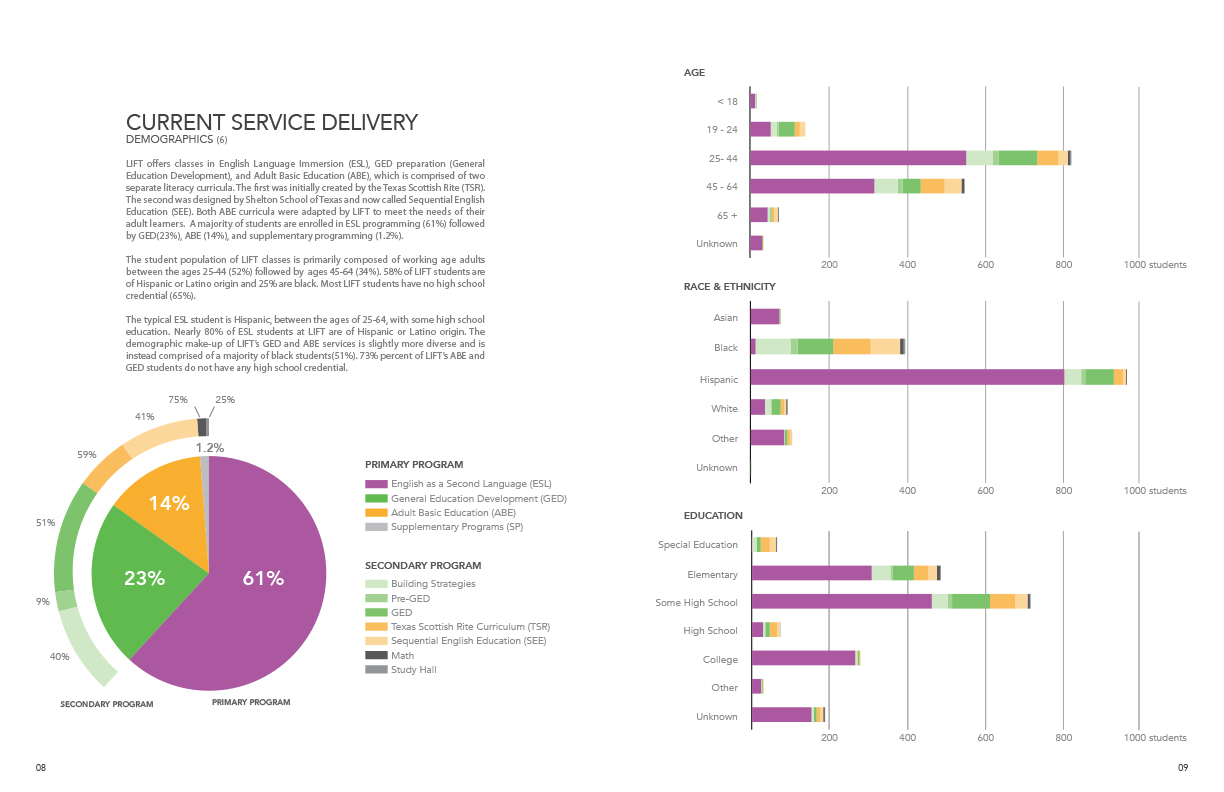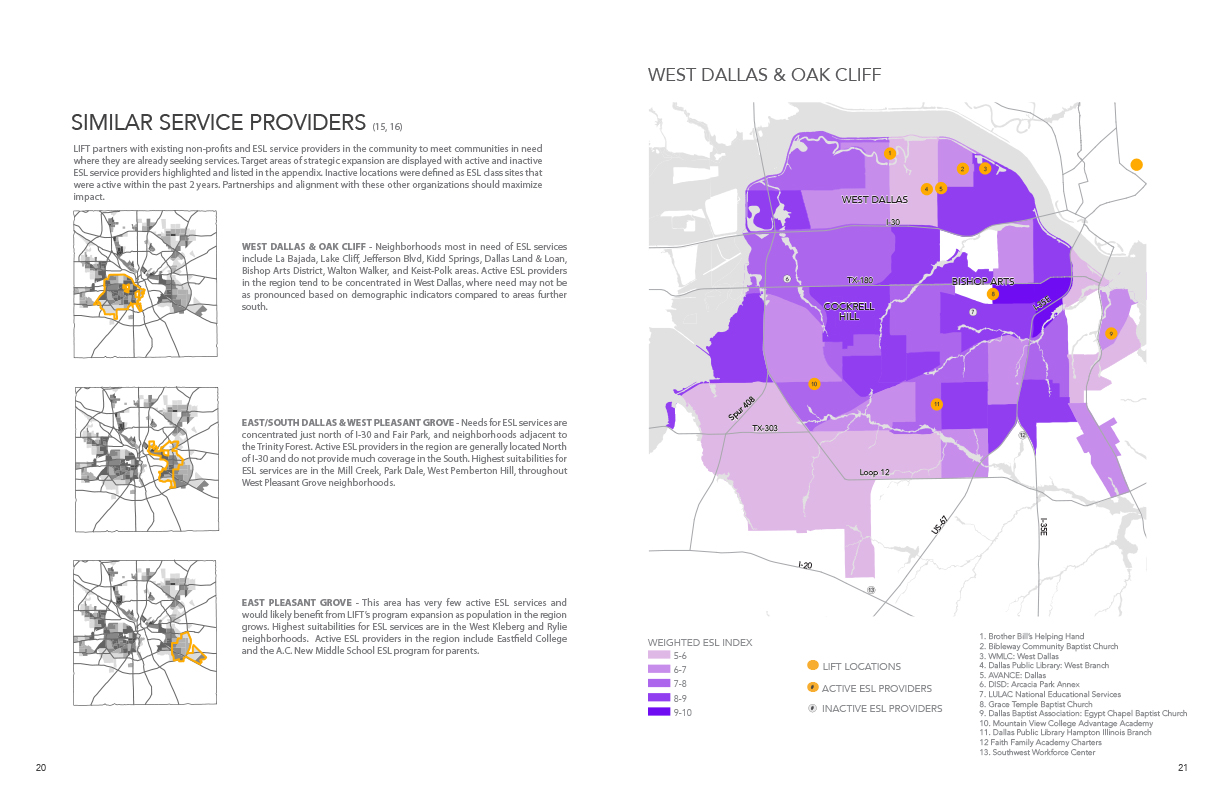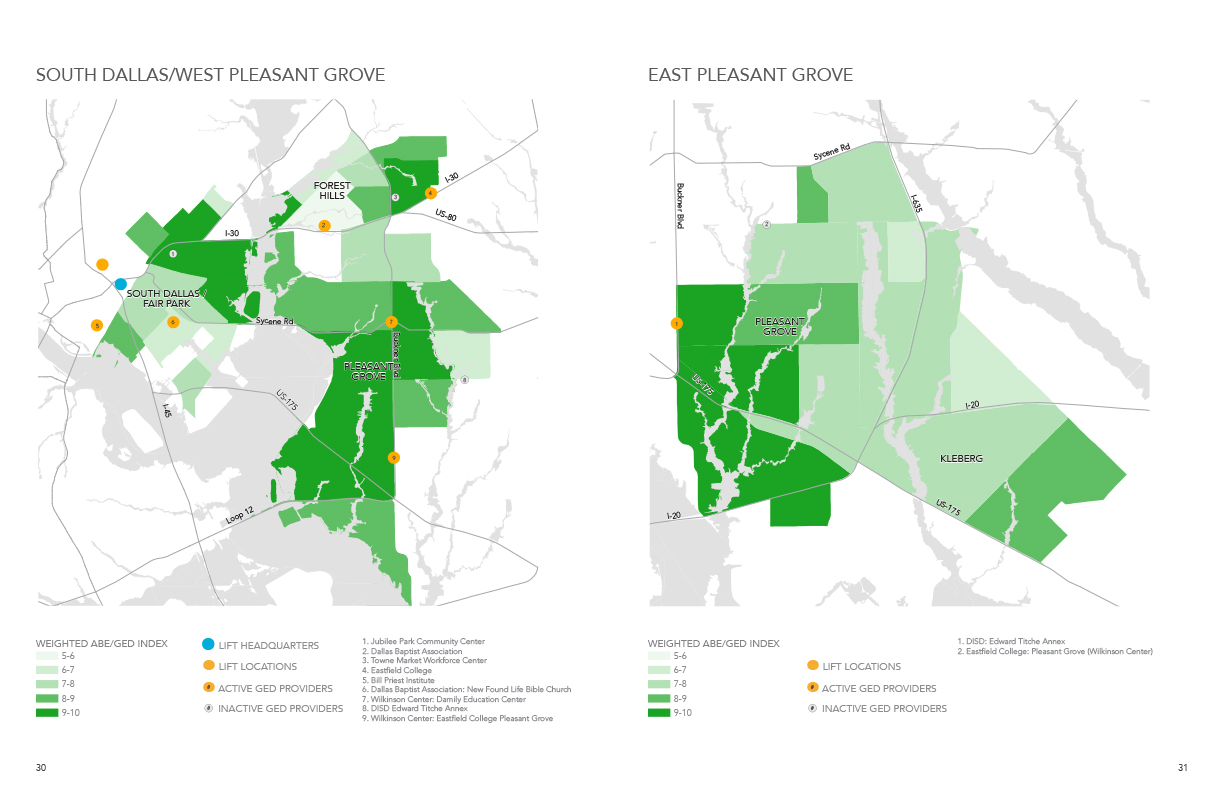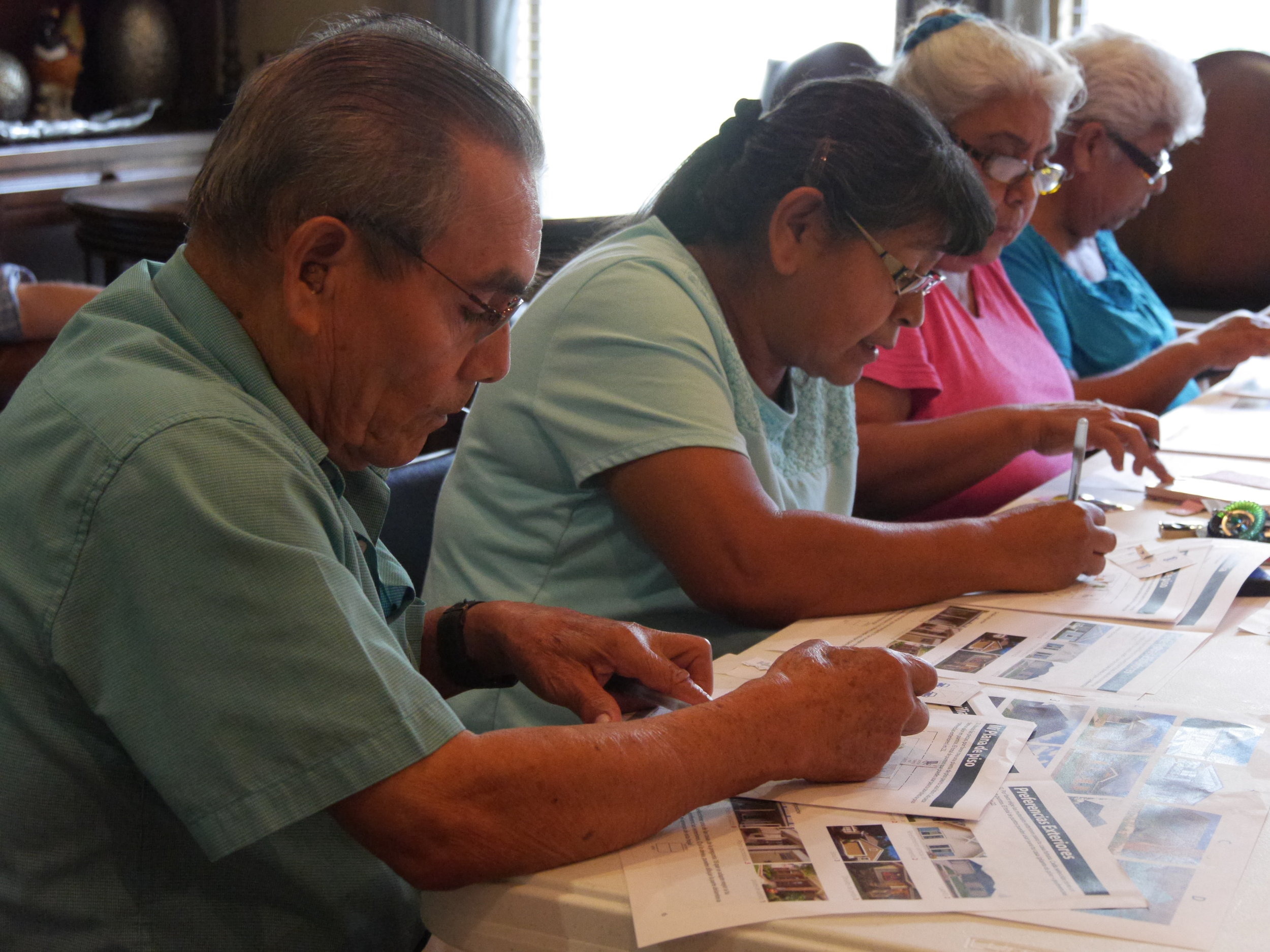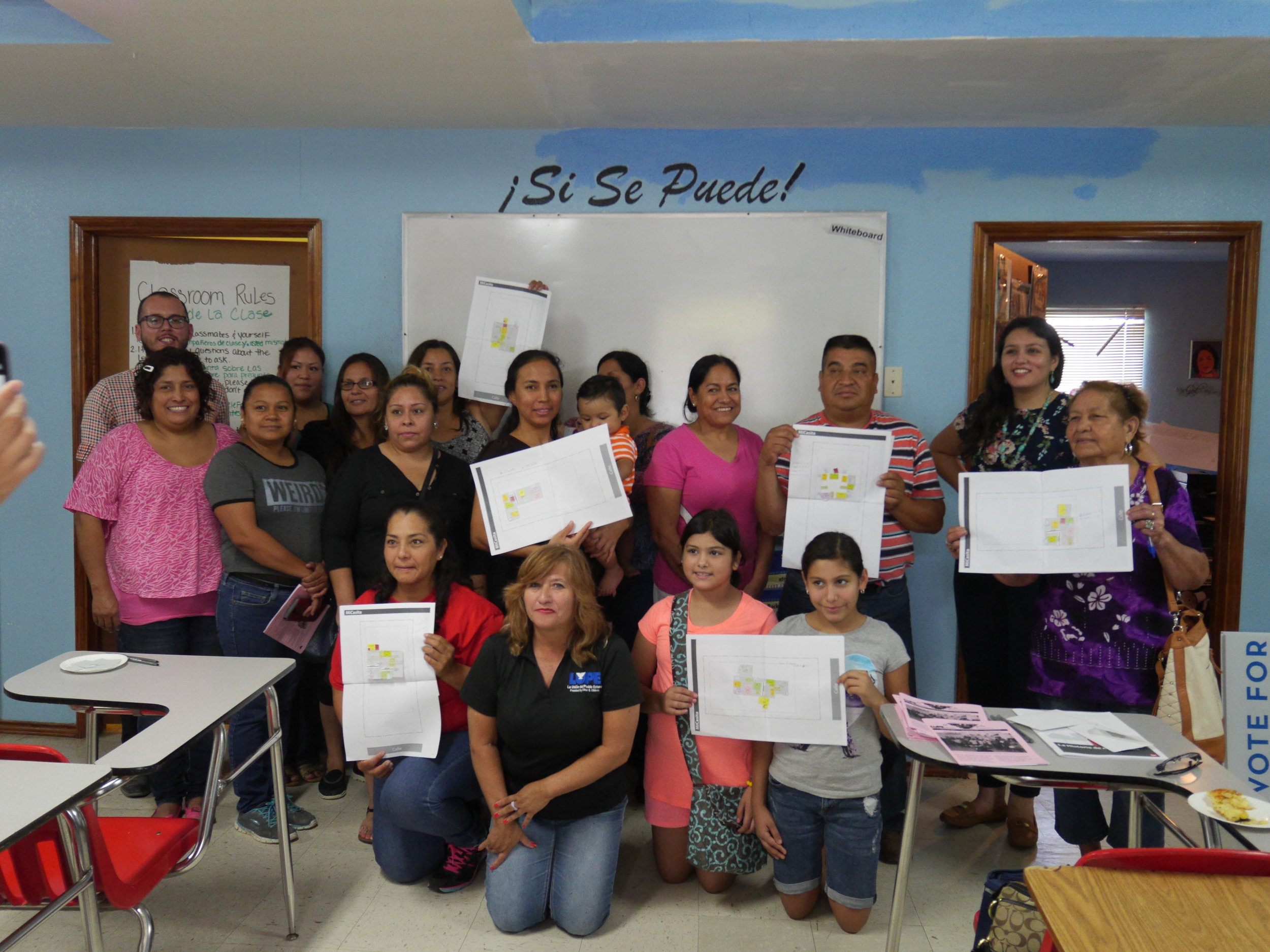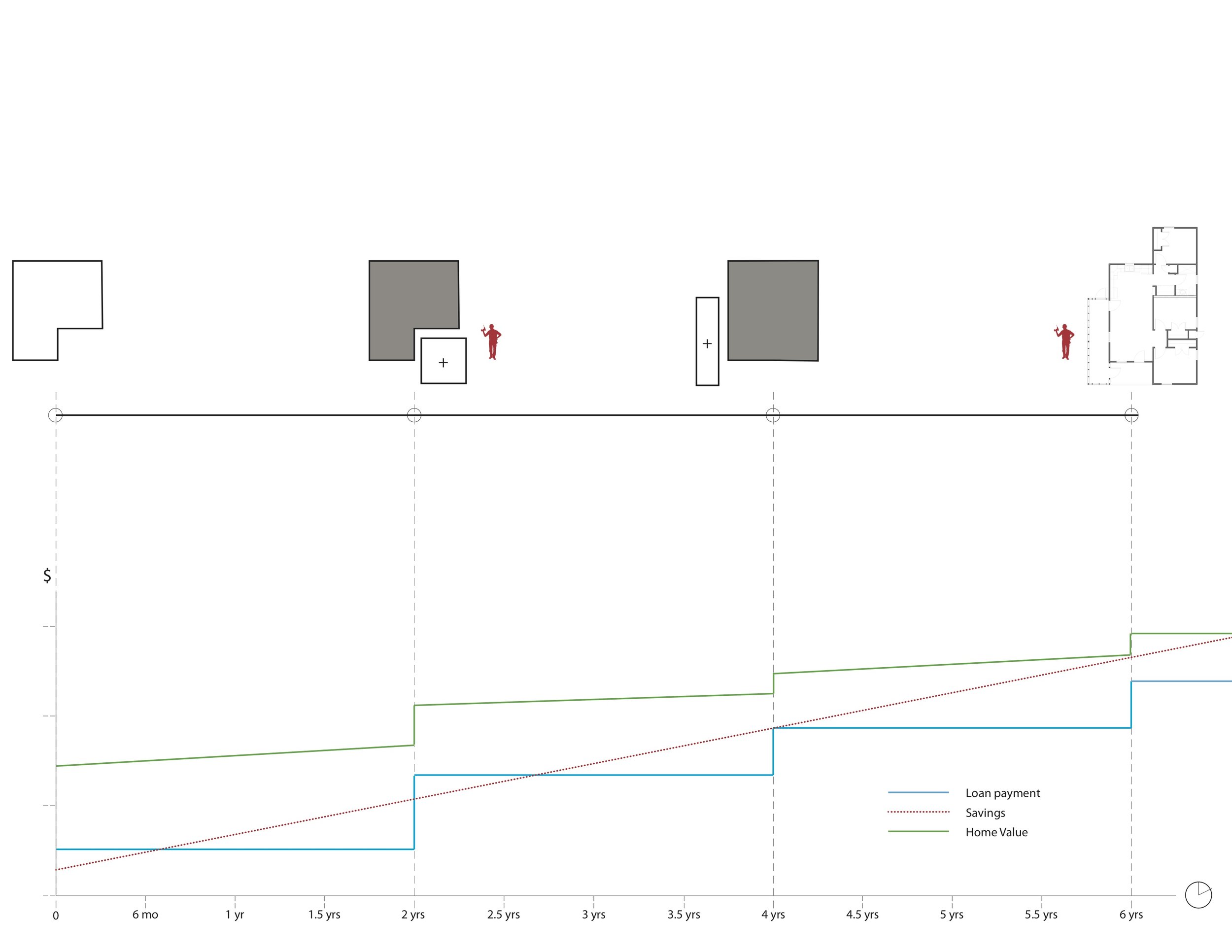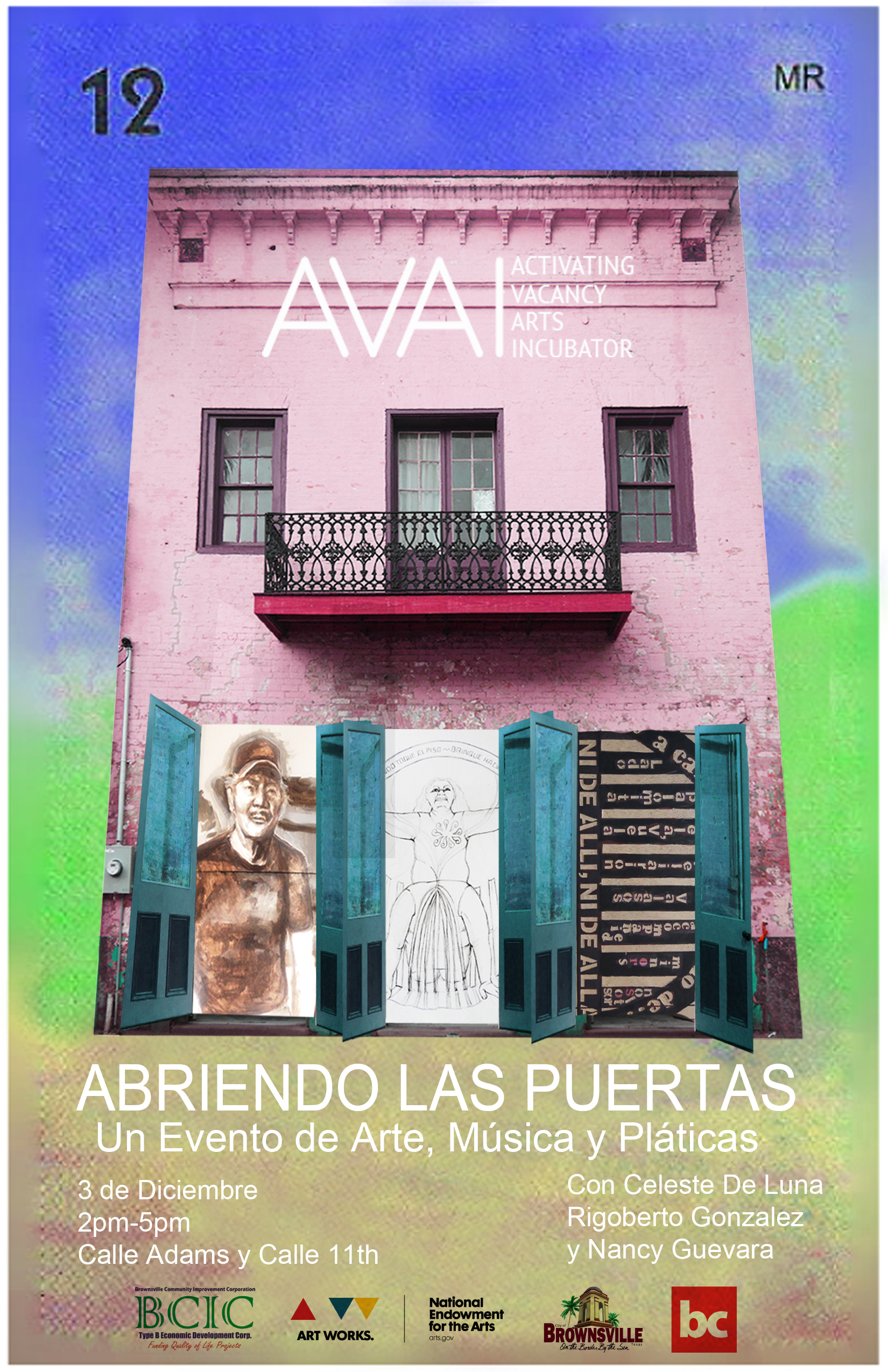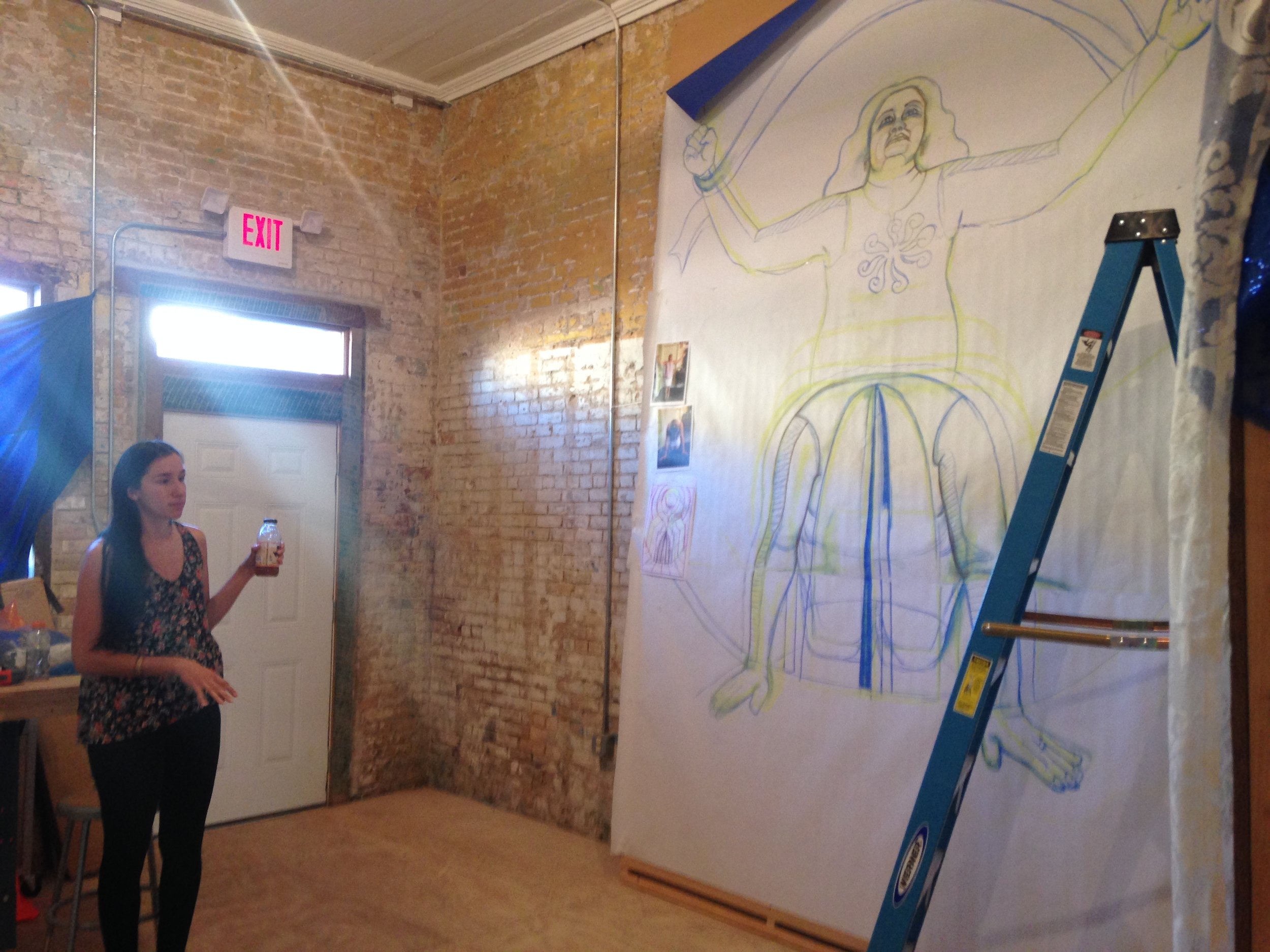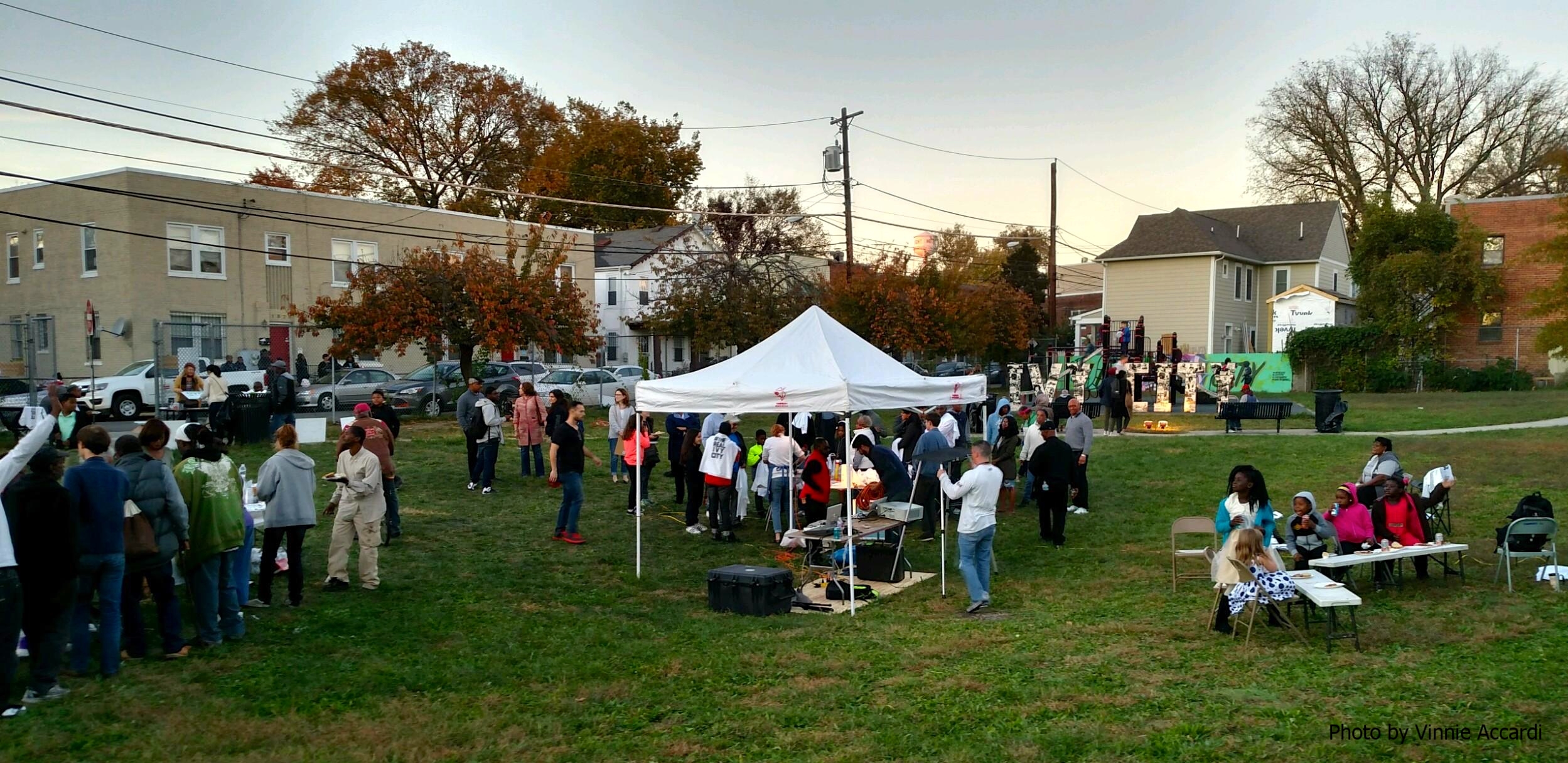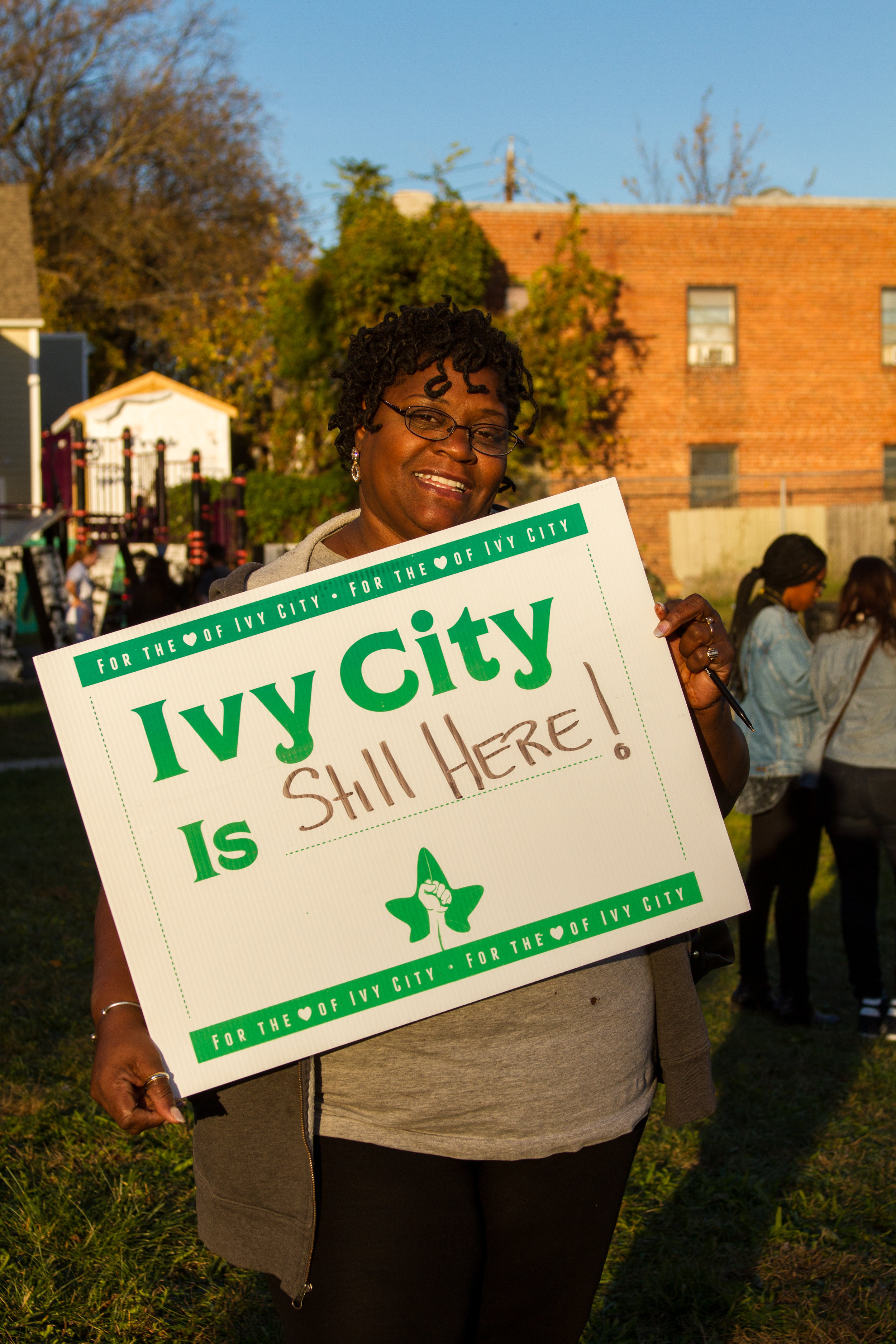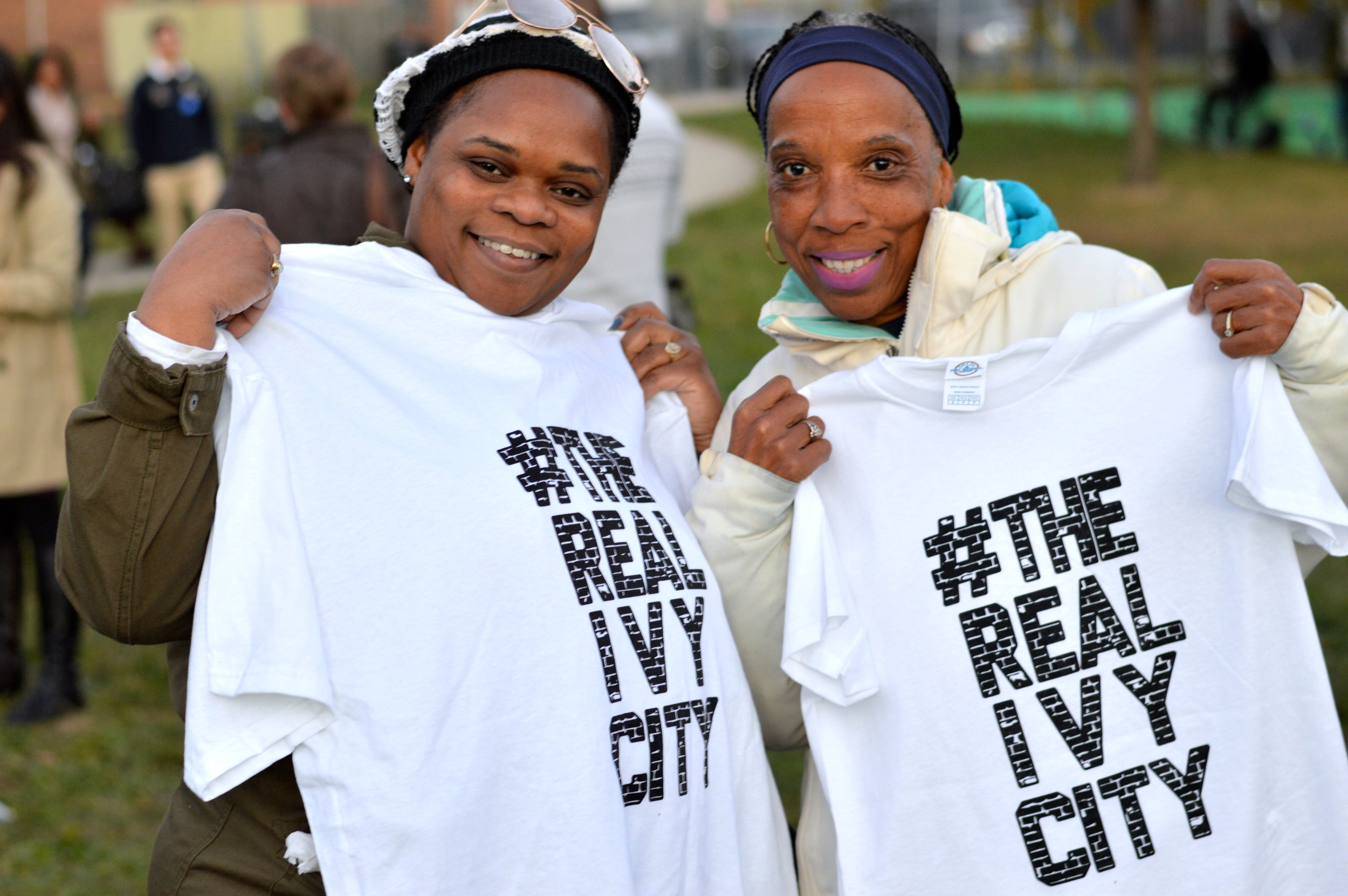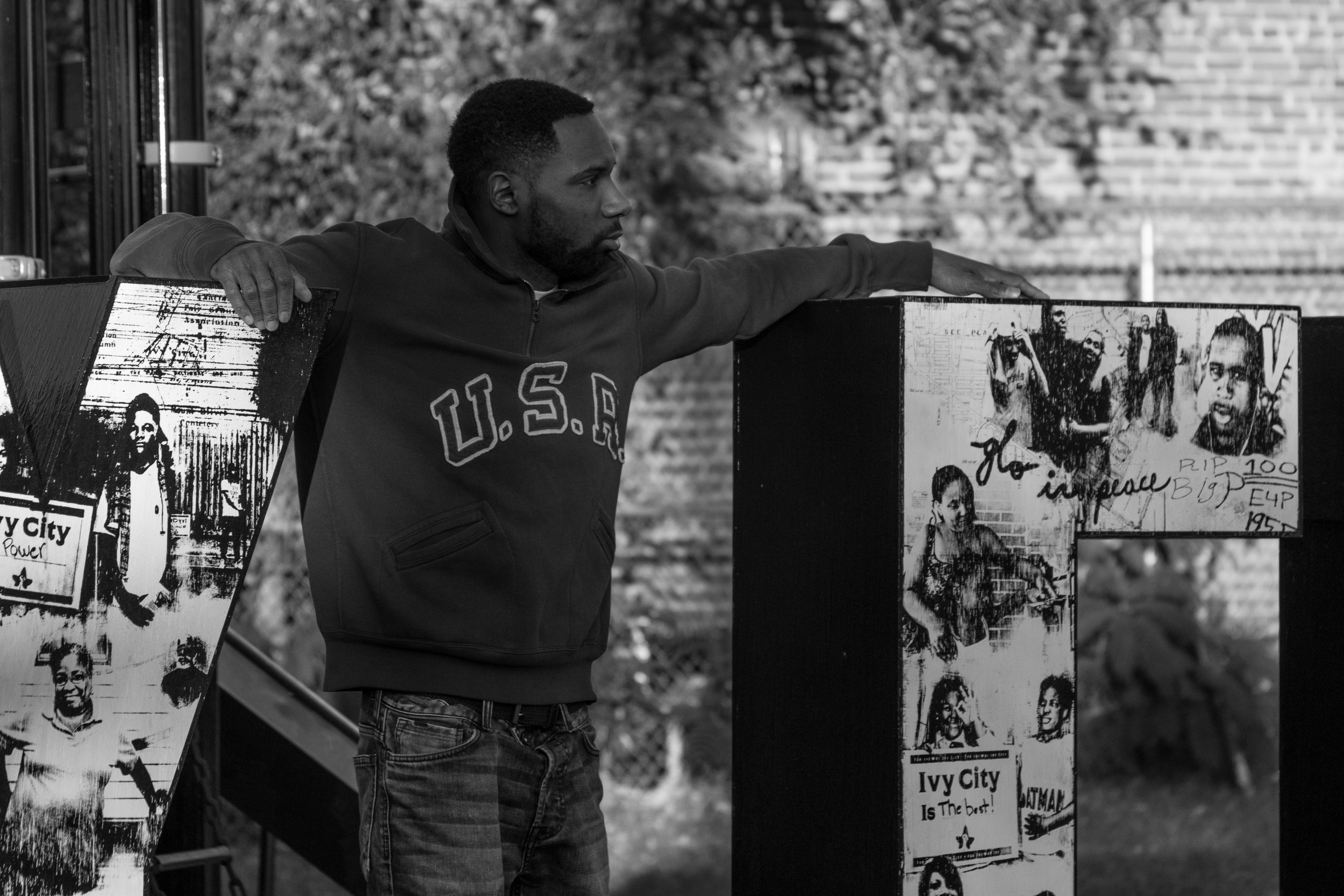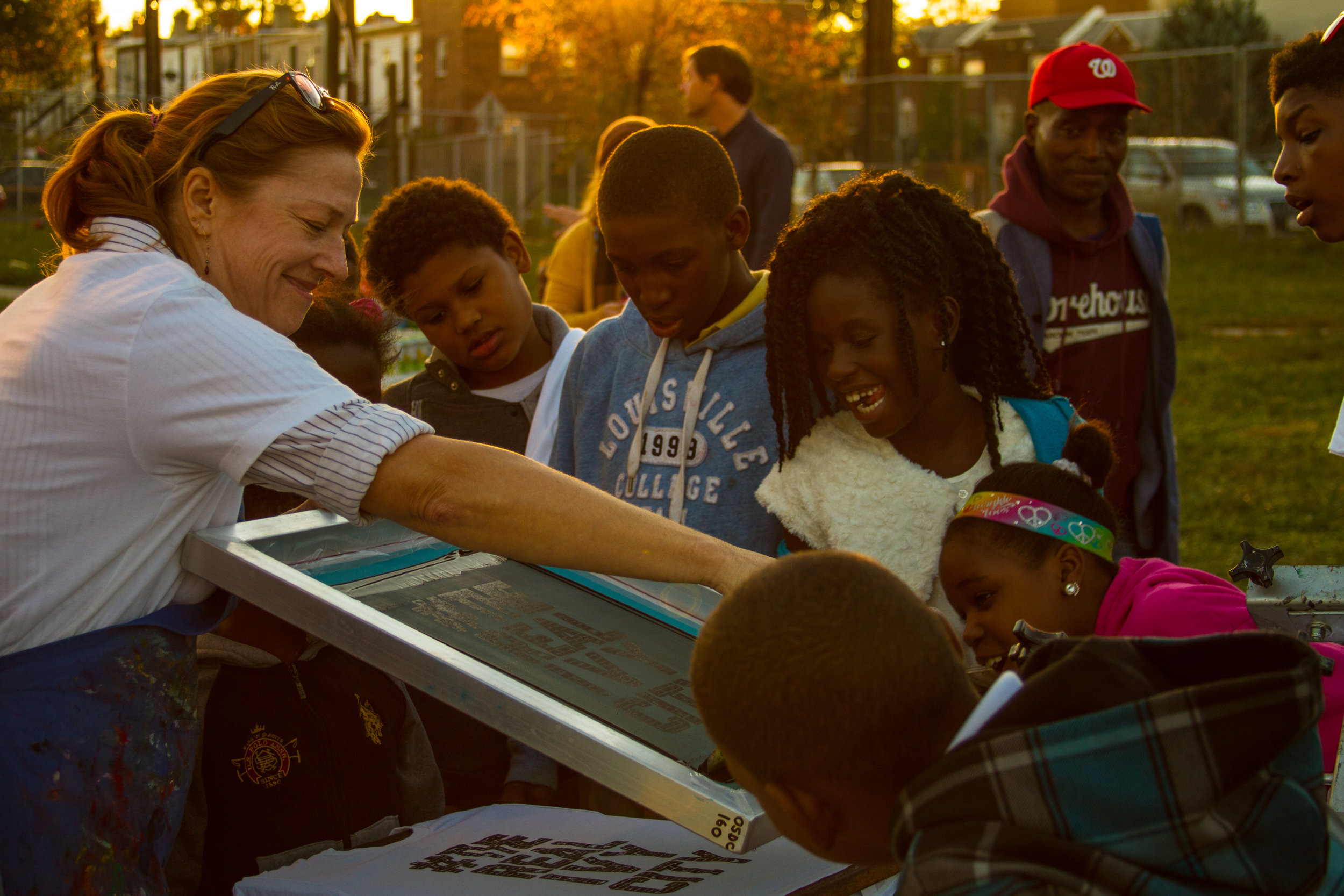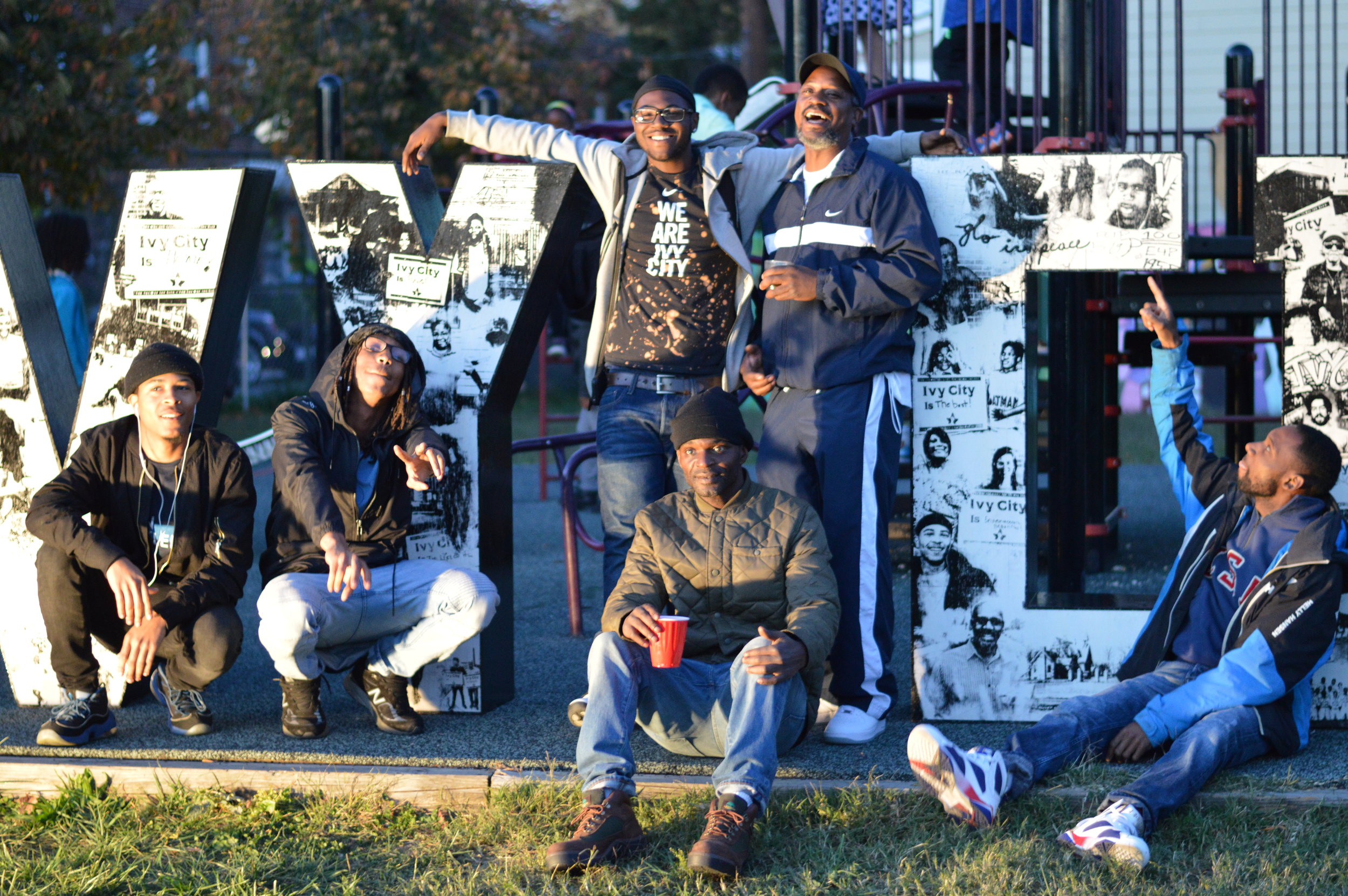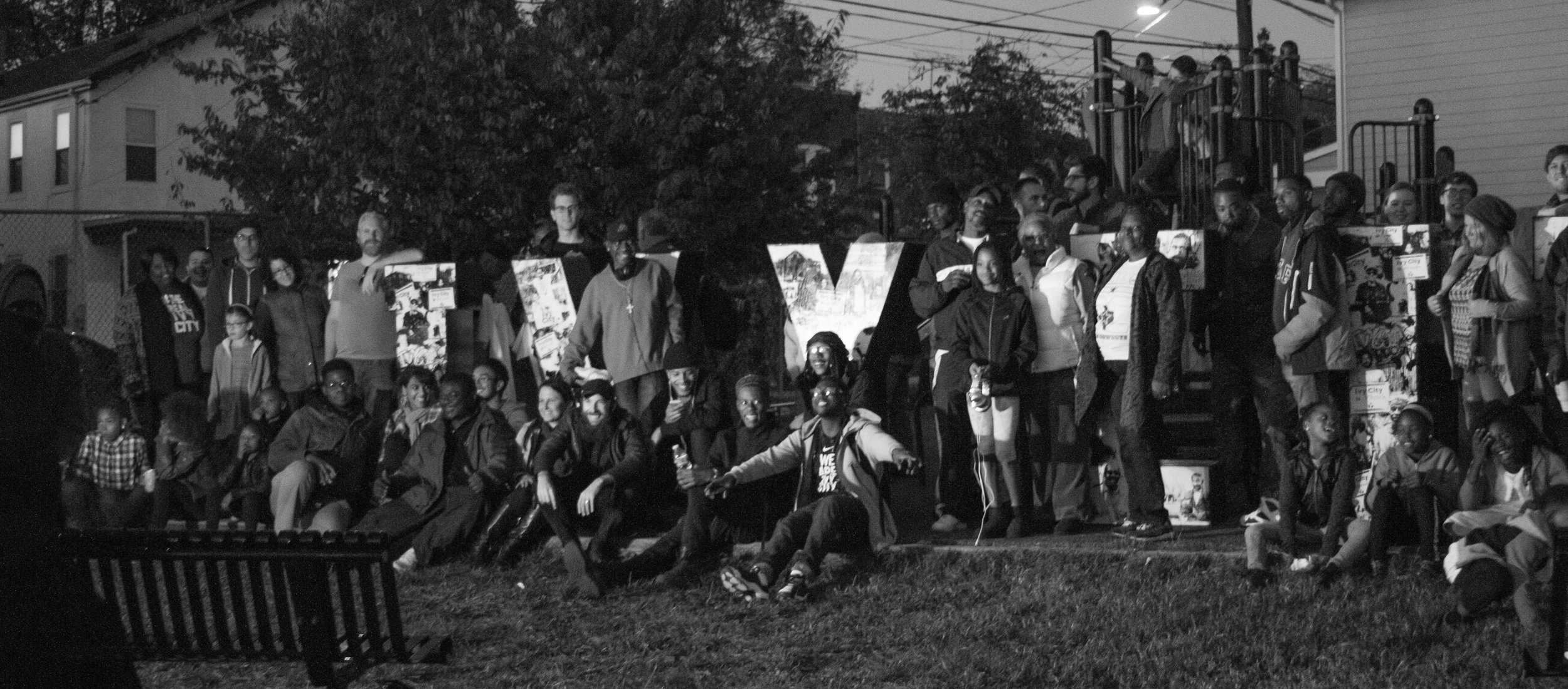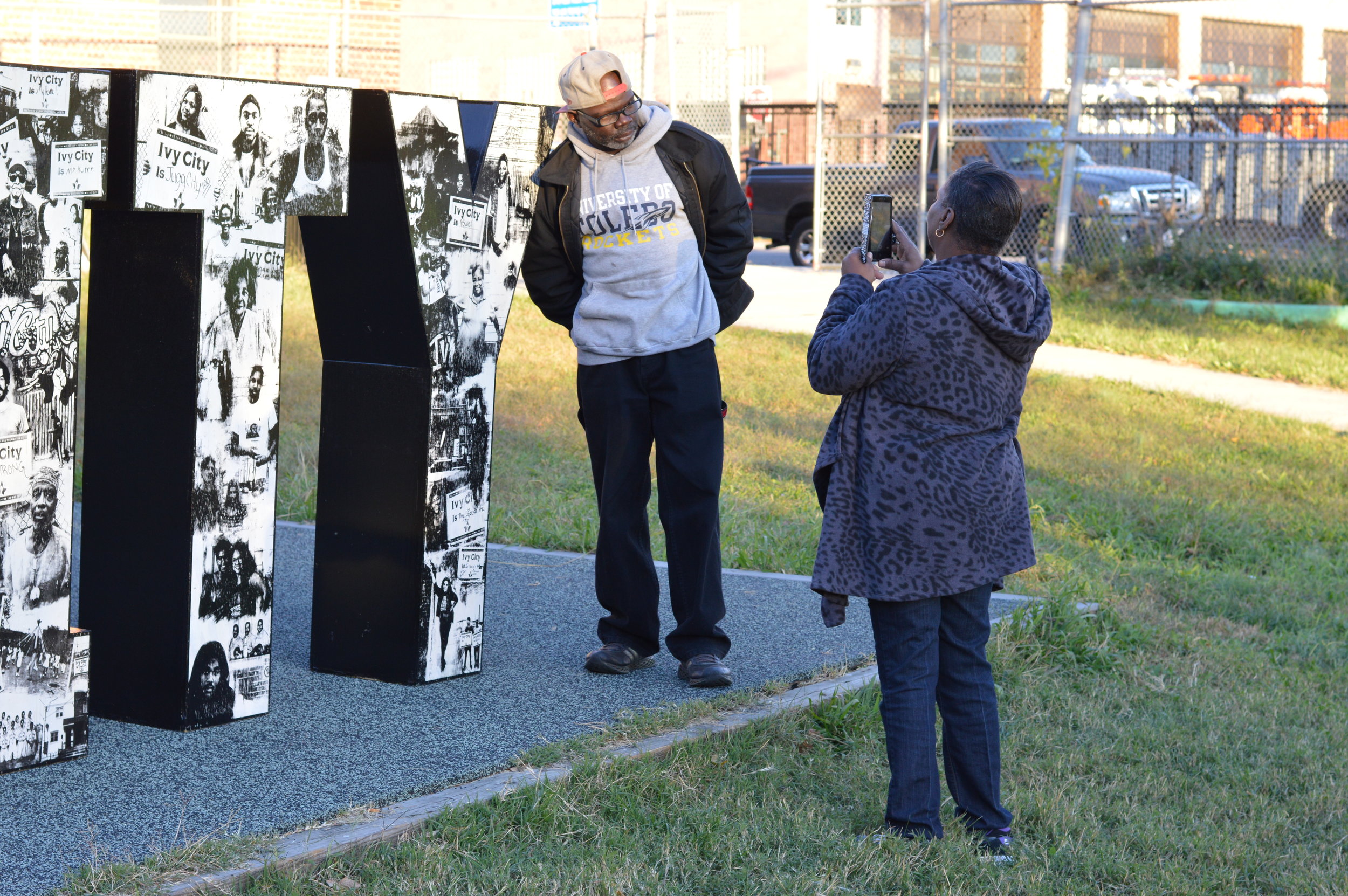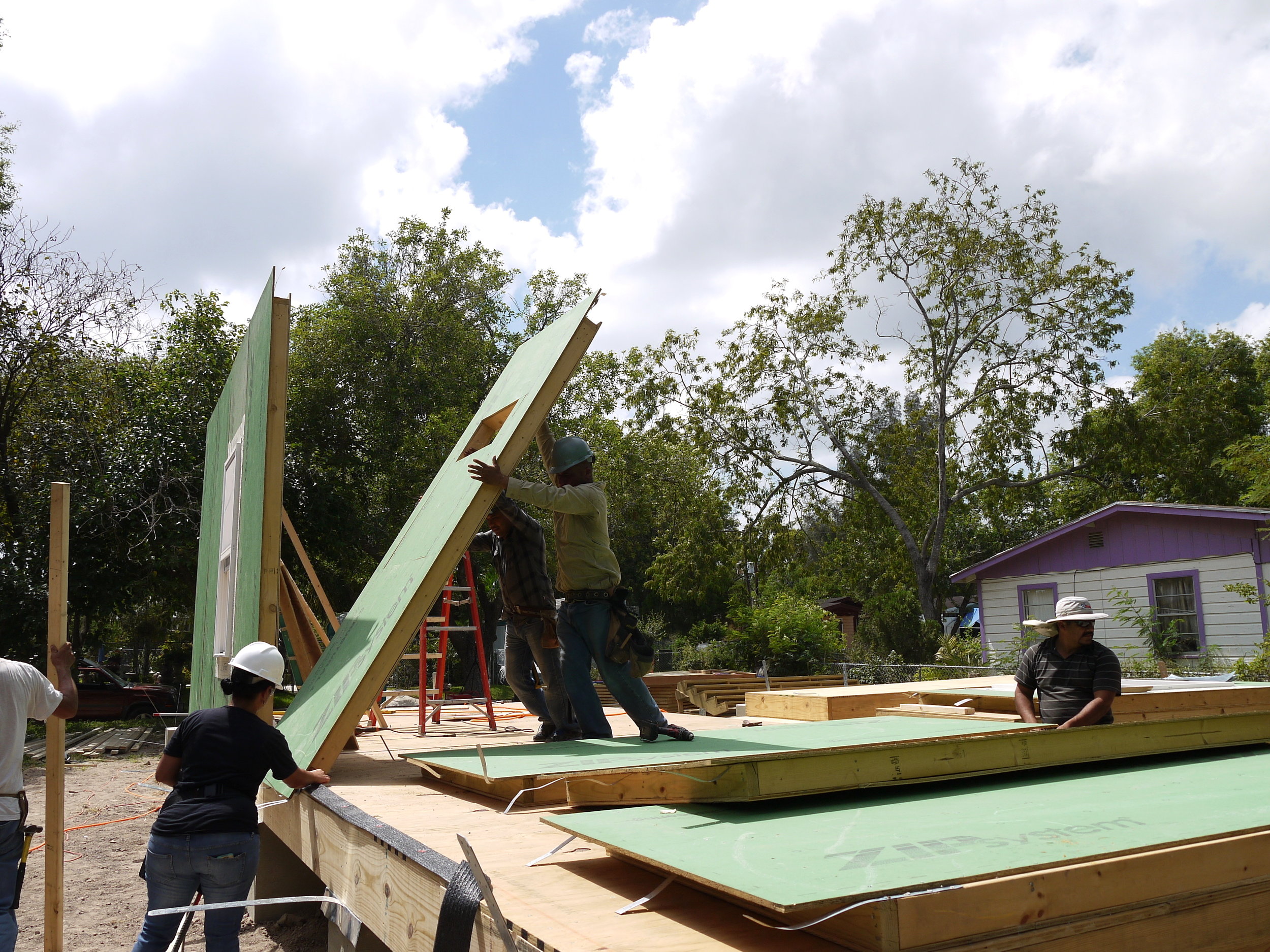Learn more about the Public Design Impact Initiative!
Our 2017 Request for Proposals is now open!
You can now submit your Project Proposals for [bc]'s 2017 PDII program.
Are you a nonprofit or community group in need of design? Would architecture, planning, landscape architecture, or design expertise help you with a project you've had in mind but not the resources to move forward? Read through the Request for Proposals: English | Español and submit your project idea!
In 2016/2017, as part of a collaborative effort to extend equity in design to rural, colonia areas, [bc] is seeking proposals from nonprofit organizations and community groups based in the Rio Grande Valley. More details are below.
SOMETER UNA PROPUESTA DE PROYECTO
El plazo para someter una propuesta completa es el JUEVES, 2 de FEBRERO de 2017. El formulario de la Propuesta de Proyecto puede someterse a traves de correo, email, o usando el formulario online. Puede encontrar una version editable, y impresible del Formulario de Propuestas de Proyecto
Para someter a traves del formulario online:
Use este enlace - bcworkshop.typeform.com/to/SHMOBq
Para someter a traves de email:
Envíe su Propuesta de Proyecto completada en formato PDF a elaine@bcworkshop.org. Escriba “PDII Project Proposal” en el título del email.
Para someter una propuesta de proyecto por correo:
Envíe una copia impresa de su Propuesta de Proyecto a la siguiente direccion. Se le notificará cuando su propuesta sea recibida utilizando la dirección email que provea en la primera parte de su propuesta. Las propuestas deben ser RECIBIDAS EN O ANTES DEL JUEVES, 2 de FEBRERO de 2017.
Attn: Public Design Impact Initiative
bcWORKSHOP
609 E. 11th St.
Brownsville, TX 78520
ELEGIBILIDAD
Todos los groups comunitarios o sin fines de lucro en RGV (incluyendo orgnizaciones sin fines de lucro, asociaciones de vecindario, grupos PTA de escuelas, etc) son invitados a someter una Propuesta de Proyecto. Los solicitantes deben estar organizados en grupos de 3 o más indiviuos y deben estar localizados en el RGV. Los Proyectos Propuestos deben estar localizados en el RGV y atender problemas o asuntos relacionads a Colonias.
Propuestas de todos grupos y organizaciones comunitarias son bienvenidas, así sean grandes sin fines de lucro o pequeñas y menos formales, independiente de su tamaño o la escala de su trabajo.
Se le dará preferencia a:
Grupos comunitarios y sin fines de lucro que usualmente no pueden accesar recursos o servicios de diseño.
Propuestas de proyecto que atiendan directamente problemas que enfrentan las comunidades rurales y colonias.
Preguntas y comentarios relacionados al programa de Public Design Impact Initiative deben ser dirigidas a Elaine Morales, al elaine@bcworkshop.org o 347.607.2593
SUBMITTING A PROJECT PROPOSAL
The deadline to submit a completed Project Proposal is THURSDAY, FEBRUARY 2ND, 2017. The Project Proposal Form may be submitted through mail, email, or using the online form. Click here to download an editable, printer friendly version of the Project Proposal Form
To submit via online form:
Use this link - bcworkshop.typeform.com/to/o41qZl
To submit via email:
Send your completed Project Proposal Form as a PDF file to elaine@bcworkshop.org. Include “PDII Project Proposal” in the subject line.
To submit a project proposal via mail:
Send a hardcopy of your Project Proposal form to the address below. You will be notified when your submission has been received using the email address provided in your Project Proposal. Mailed copies must be RECEIVED BY THURSDAY, FEBRUARY 2ND, 2017.
Attn: Public Design Impact Initiative
bcWORKSHOP
609 E. 11th St.
Brownsville, TX 78520
ELIGIBILITY
All RGV-based community and nonprofit groups (including nonprofit organizations, neighborhood associations, school PTA groups, etc.) are invited to submit Project Proposals. Applicants must be made up of a group of three or more individuals and should be both located within the RGV area. Proposed projects must also be located in the RGV and address issues related to colonias.
Proposals are welcome from all not-for-profit groups, from large and established nonprofit organizations to small/less formal community groups, regardless of the scale or scope of work.
Preference will be given to:
- Community and nonprofit groups that cannot typically access design resources or services.
- Project proposals that directly address issues facing colonias and rural communities.
Questions & comments related to the Public Design Impact Initiative should be directed to Elaine Morales, at elaine@bcworkshop.org or 347.607.2593.
![[bc]](http://images.squarespace-cdn.com/content/v1/5248ebd5e4b0240948a6ceff/1412268209242-TTW0GOFNZPDW9PV7QFXD/bcW_square+big.jpg?format=1000w)





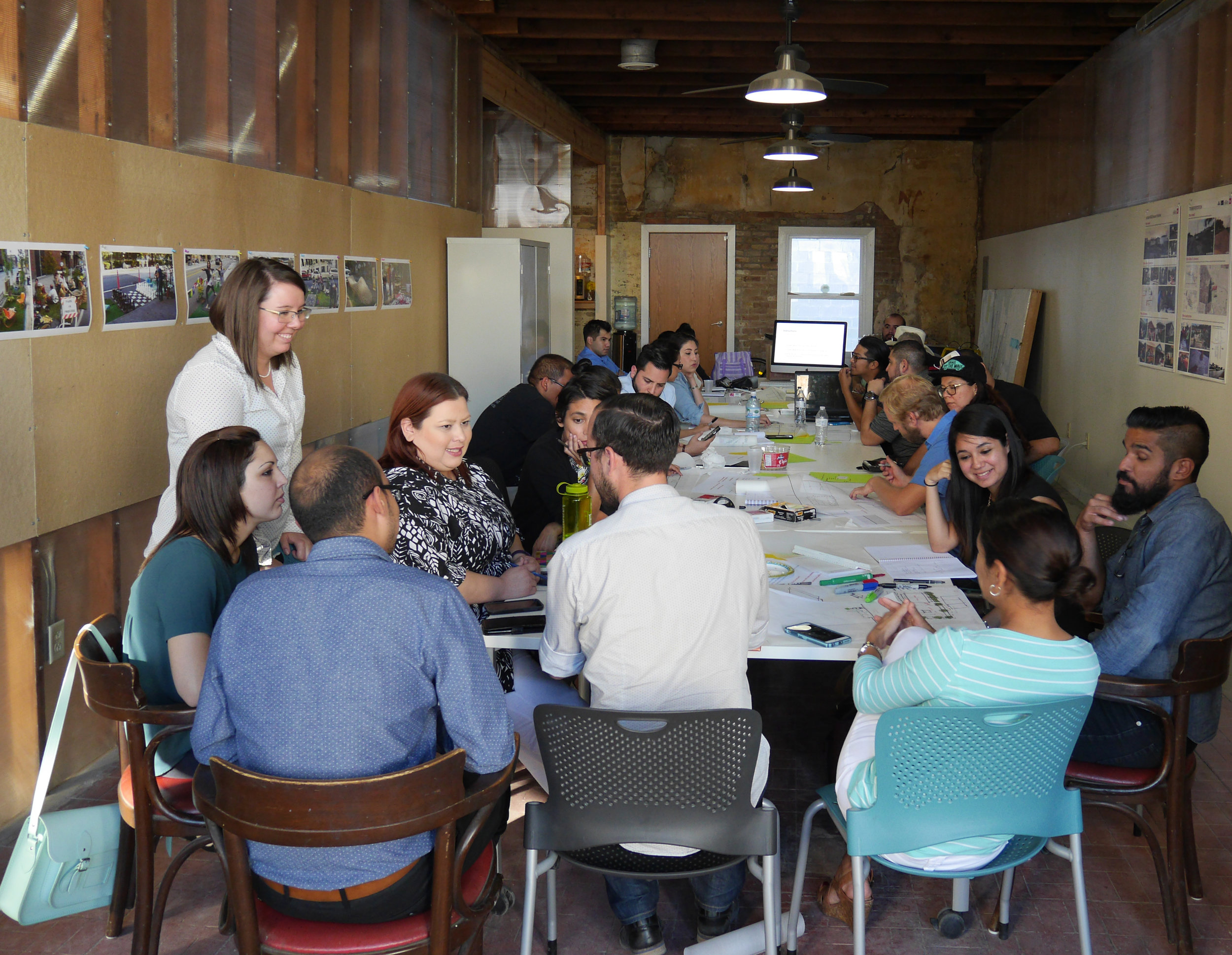
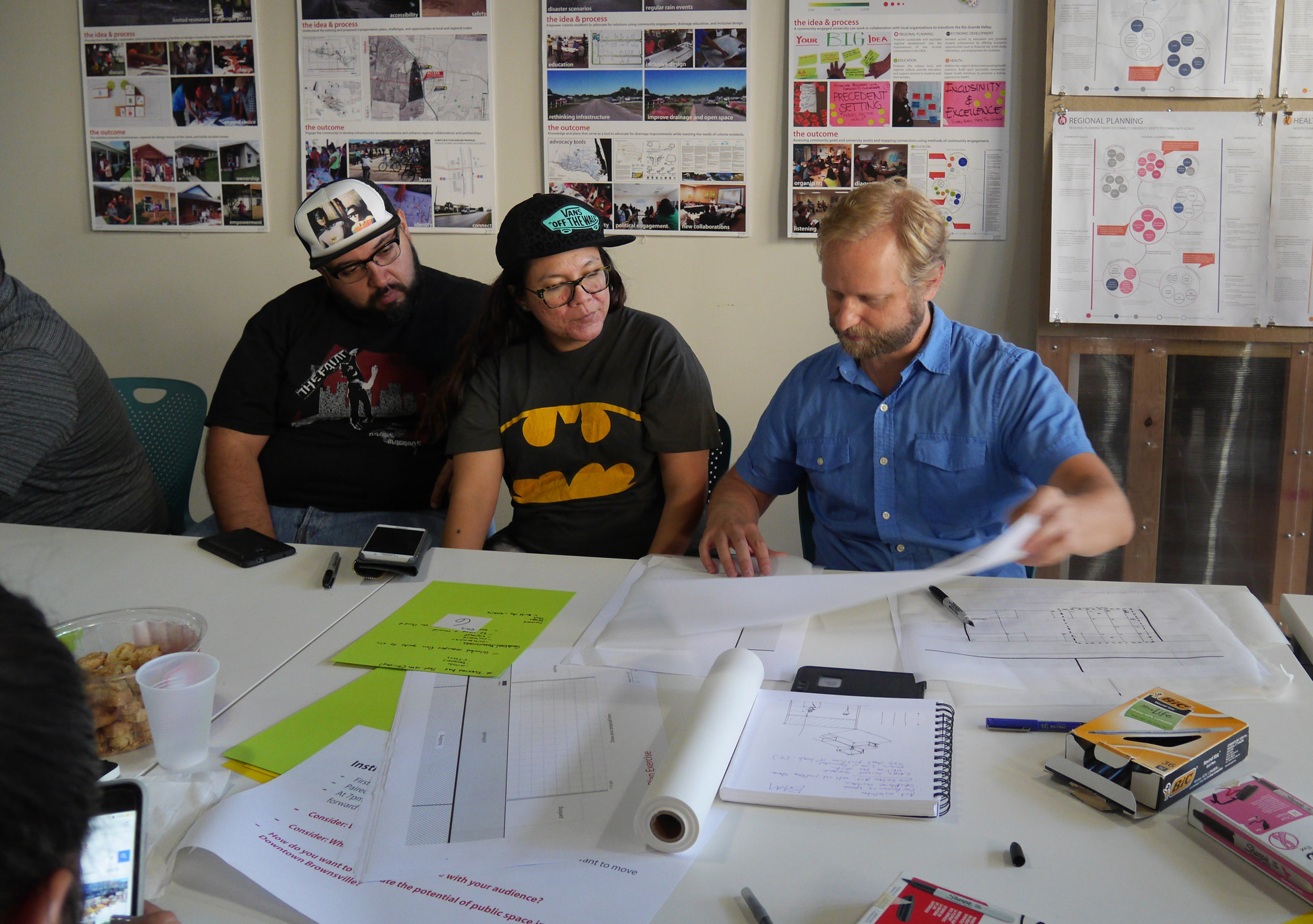
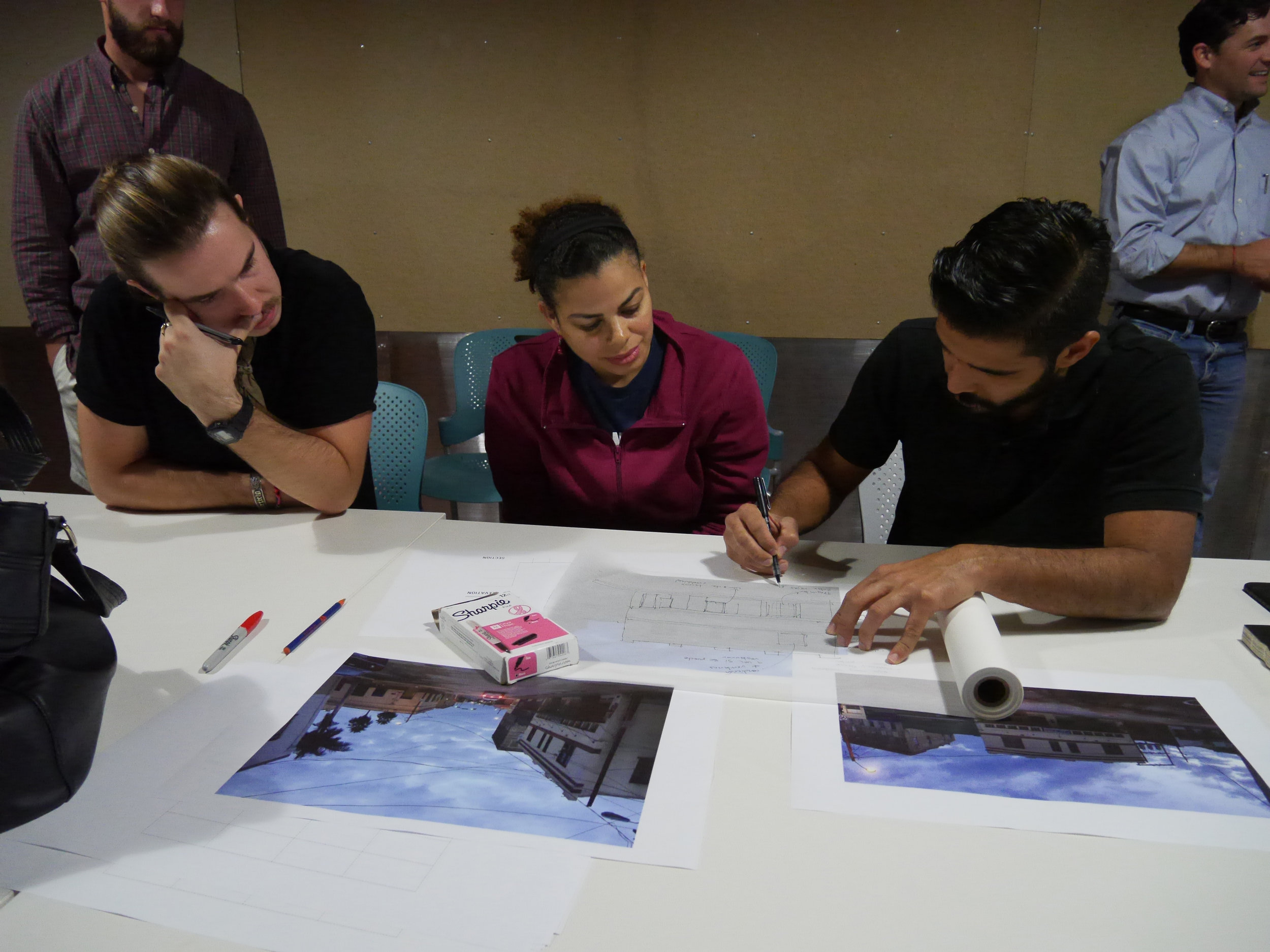
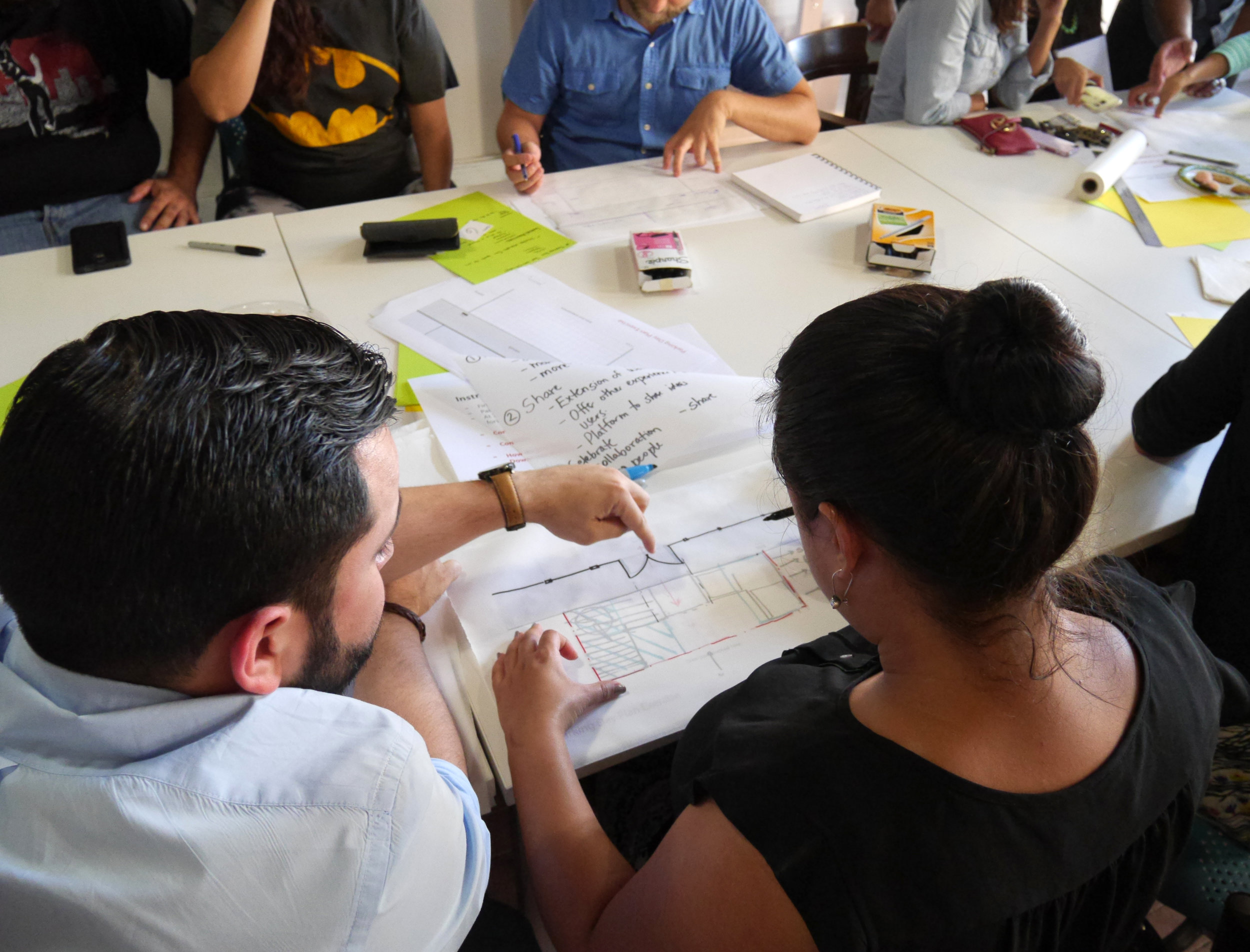
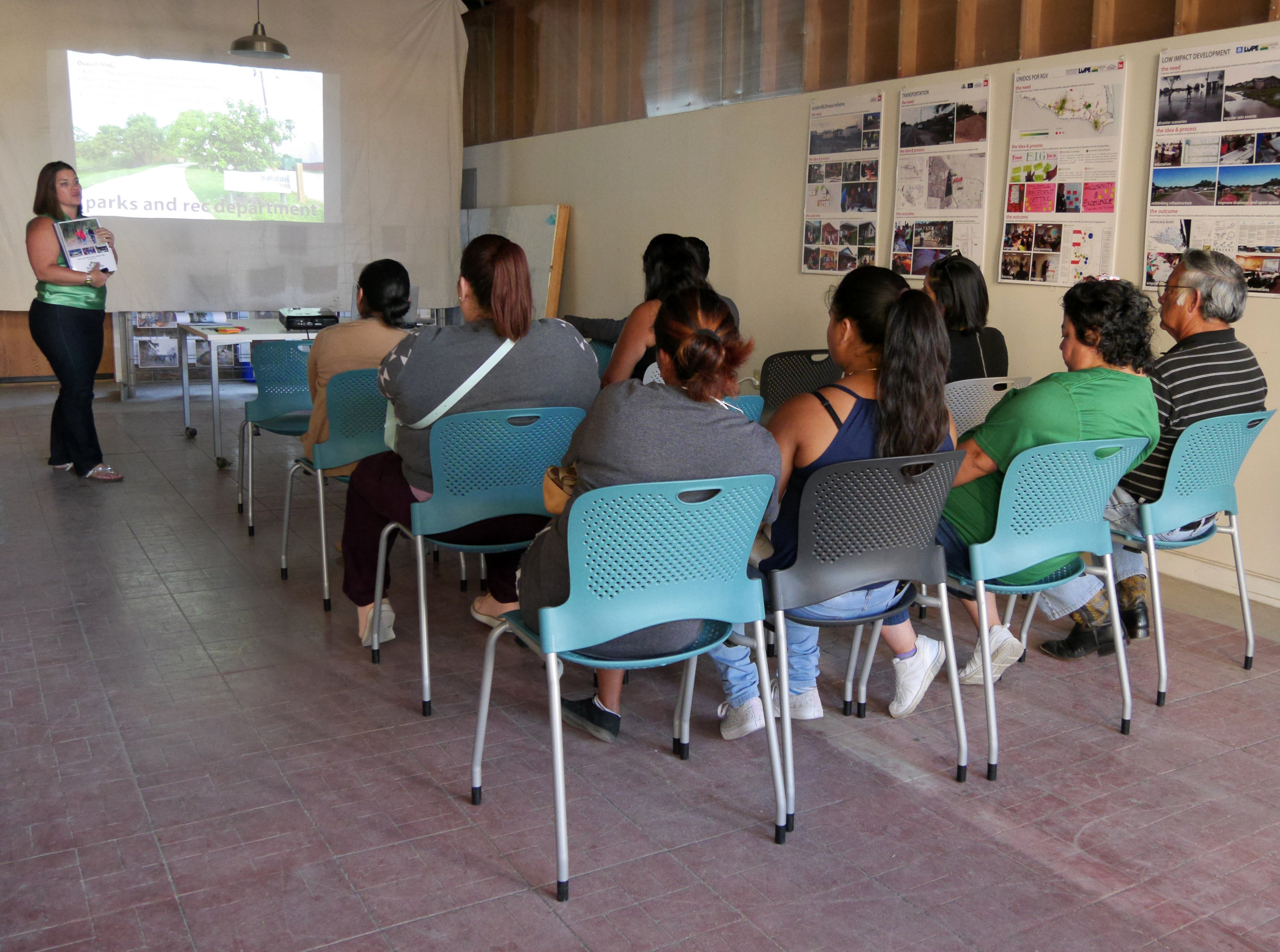
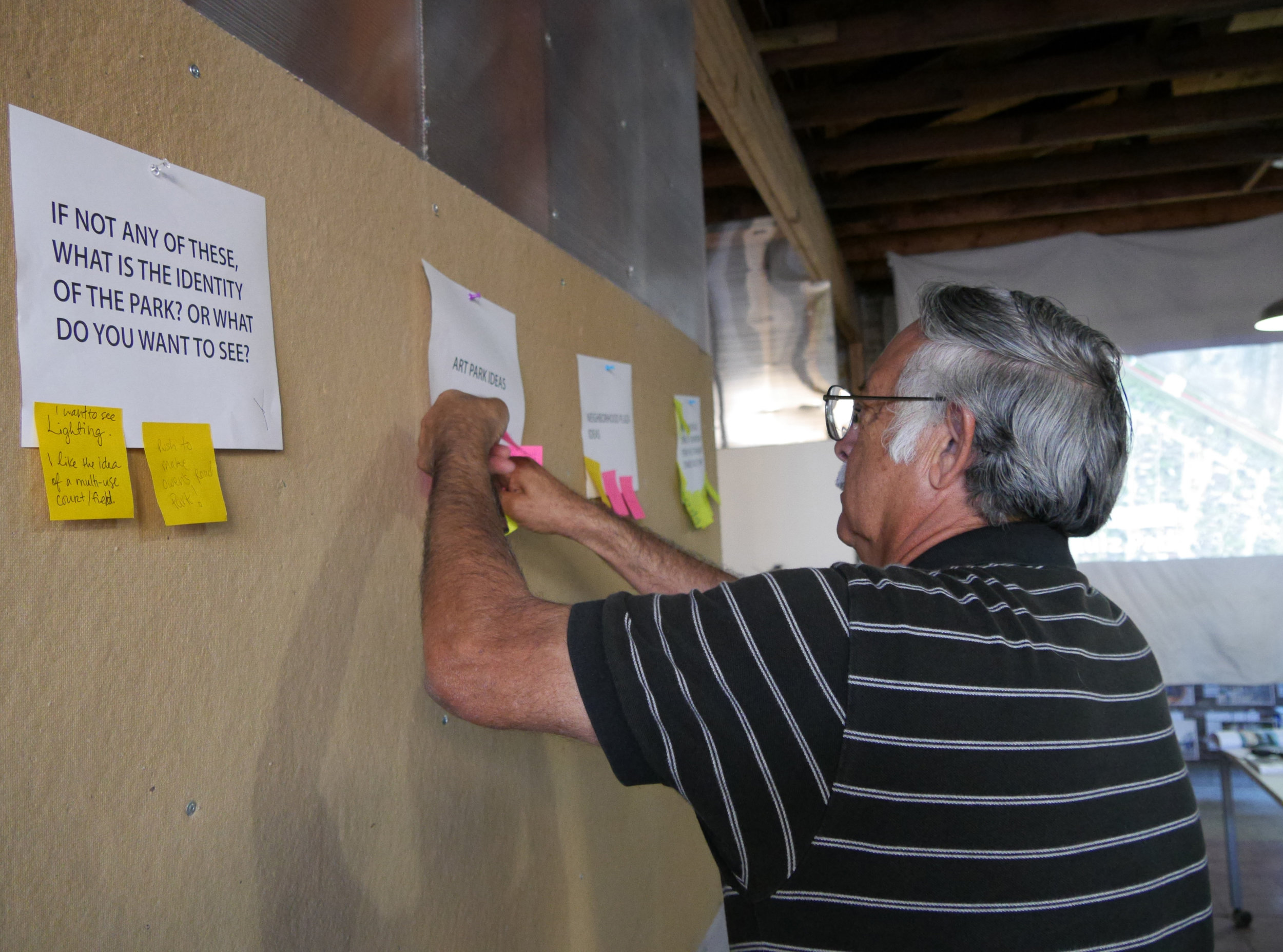




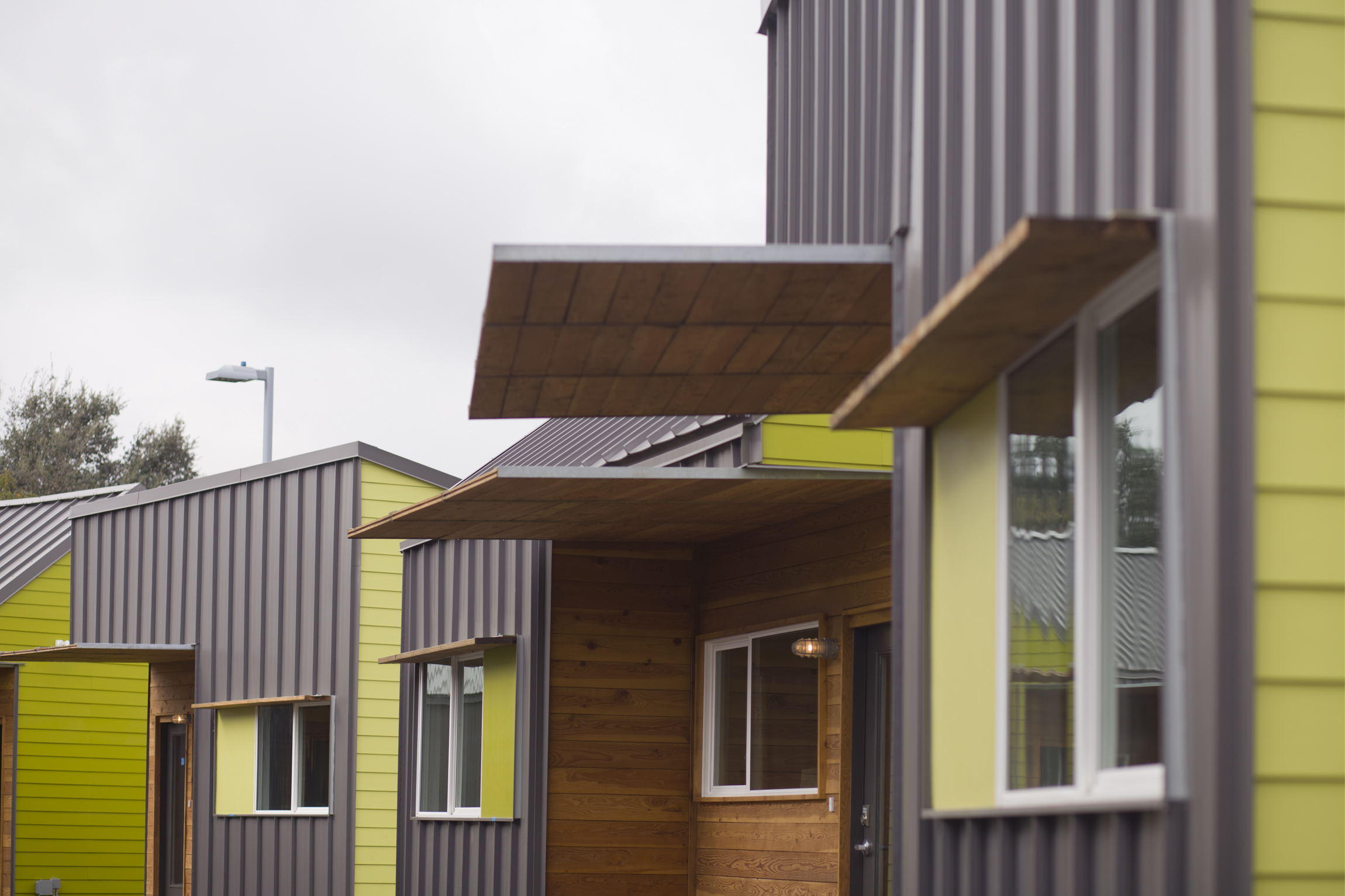

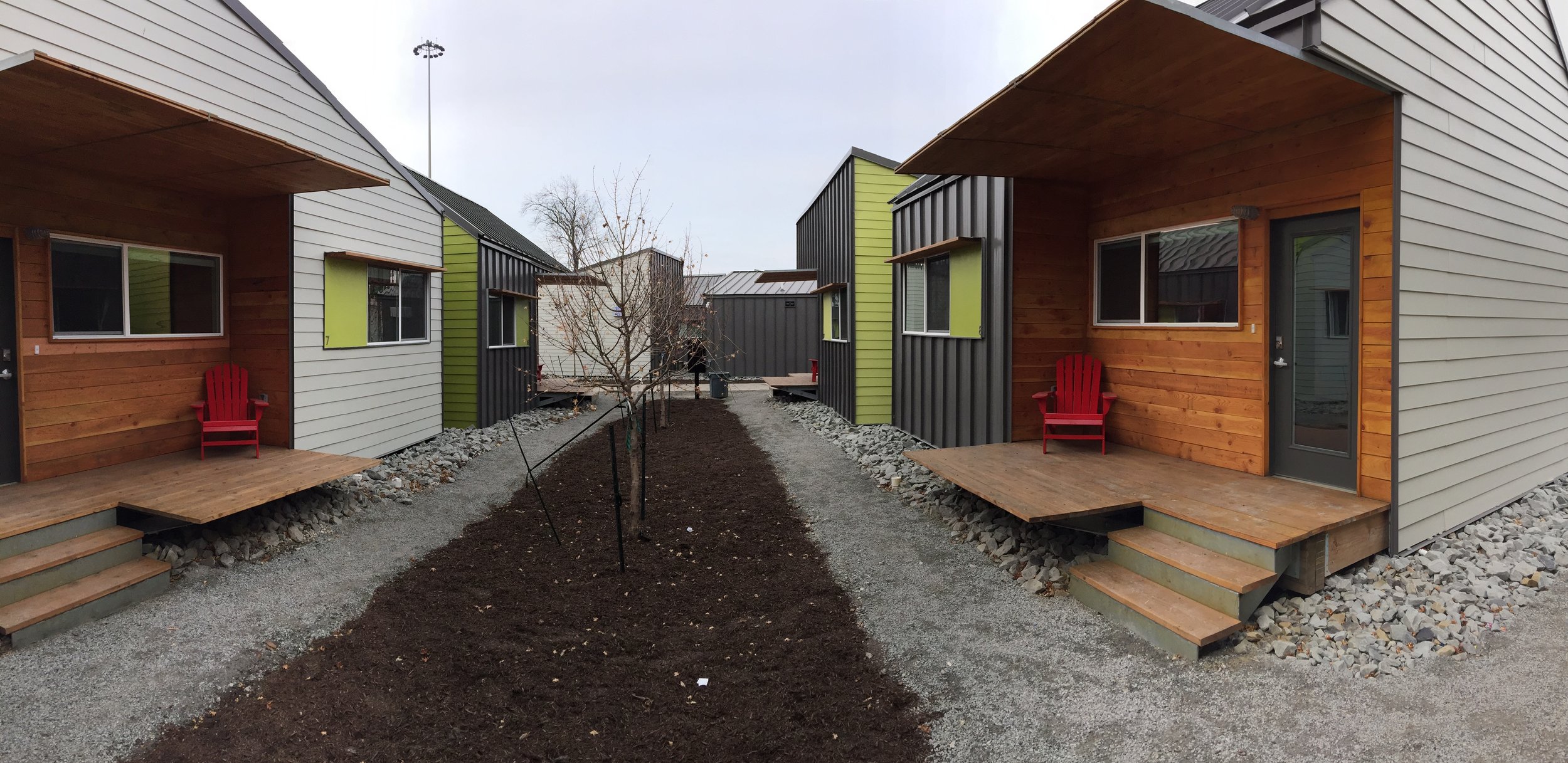
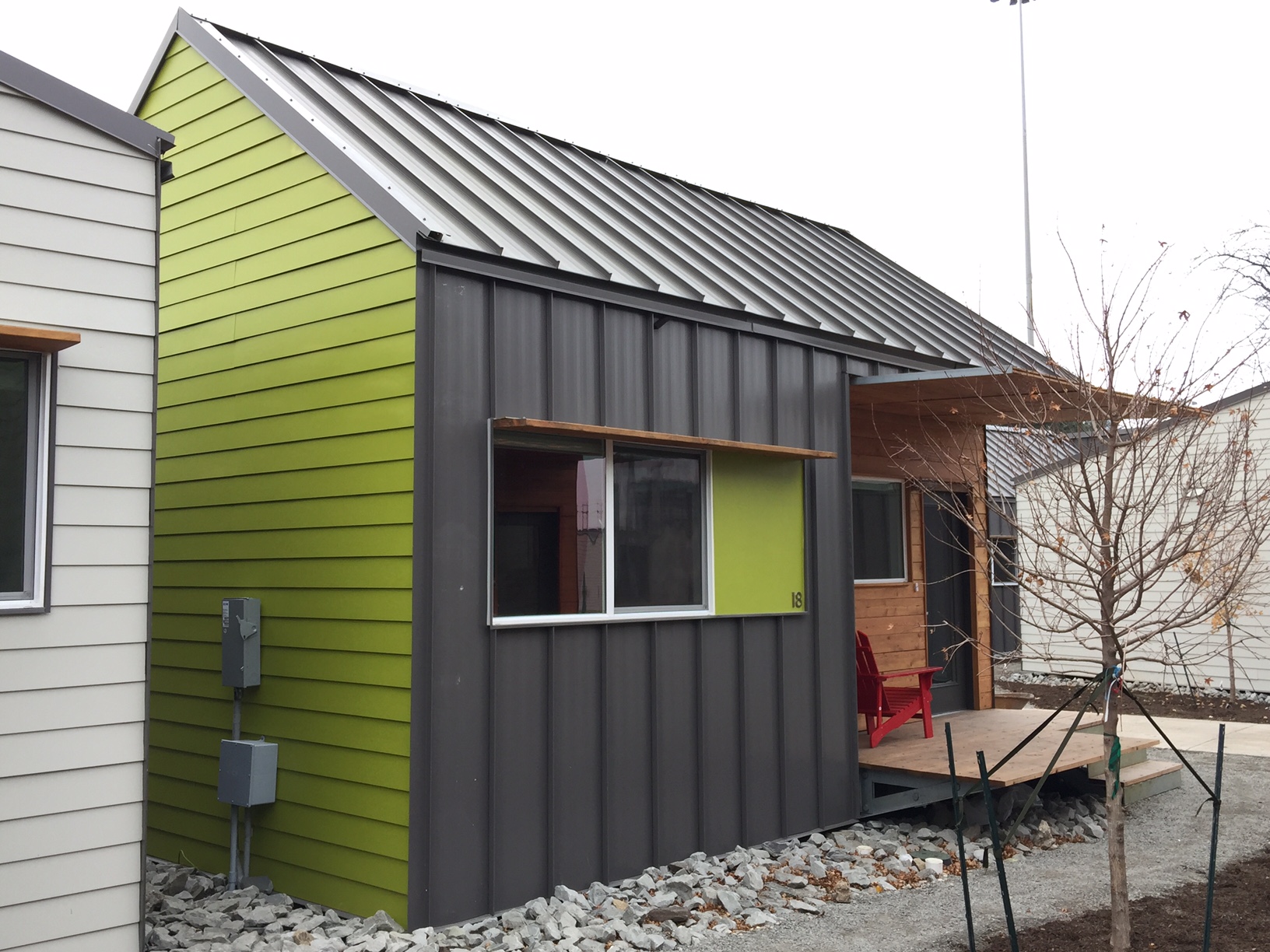
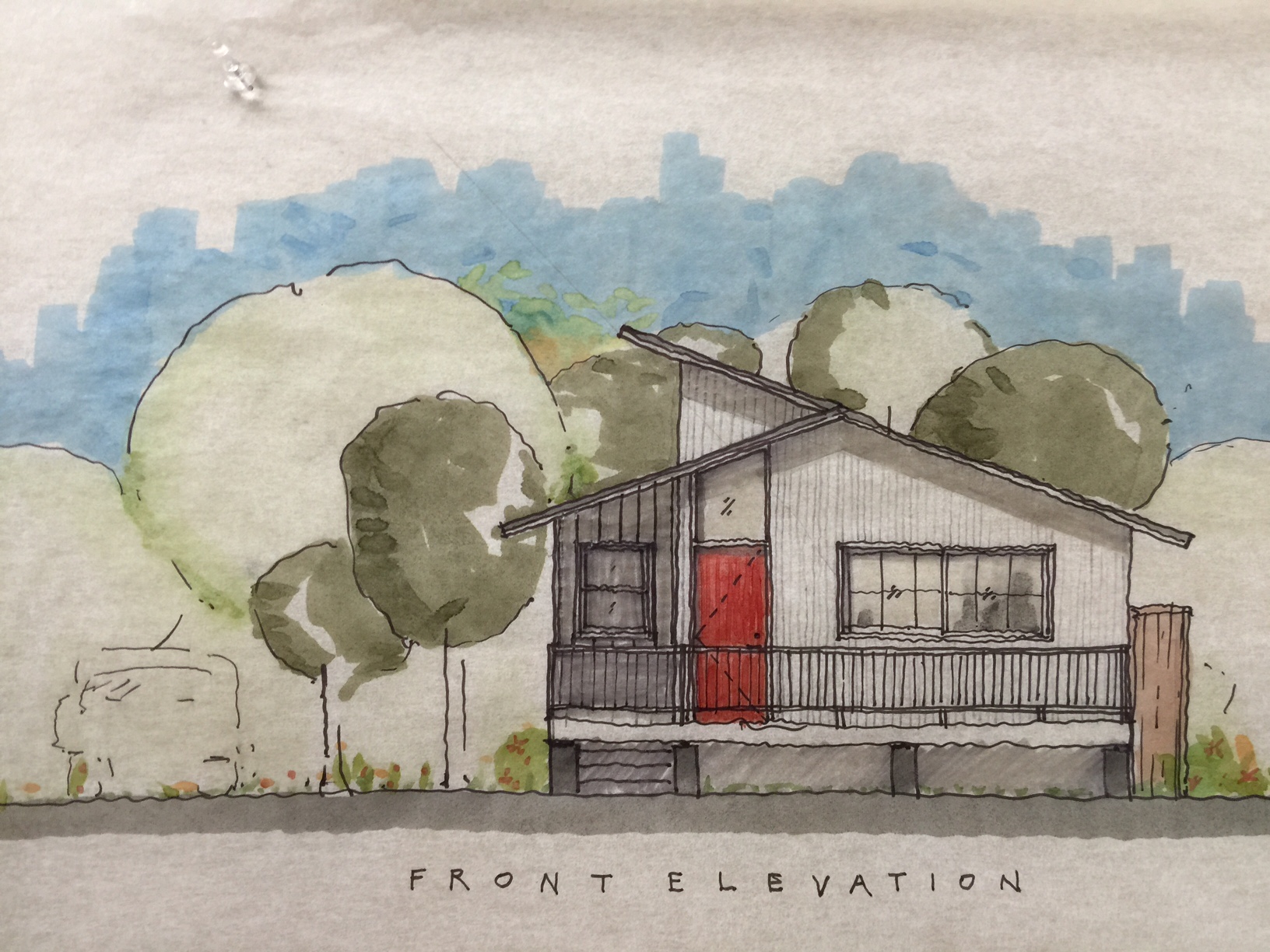
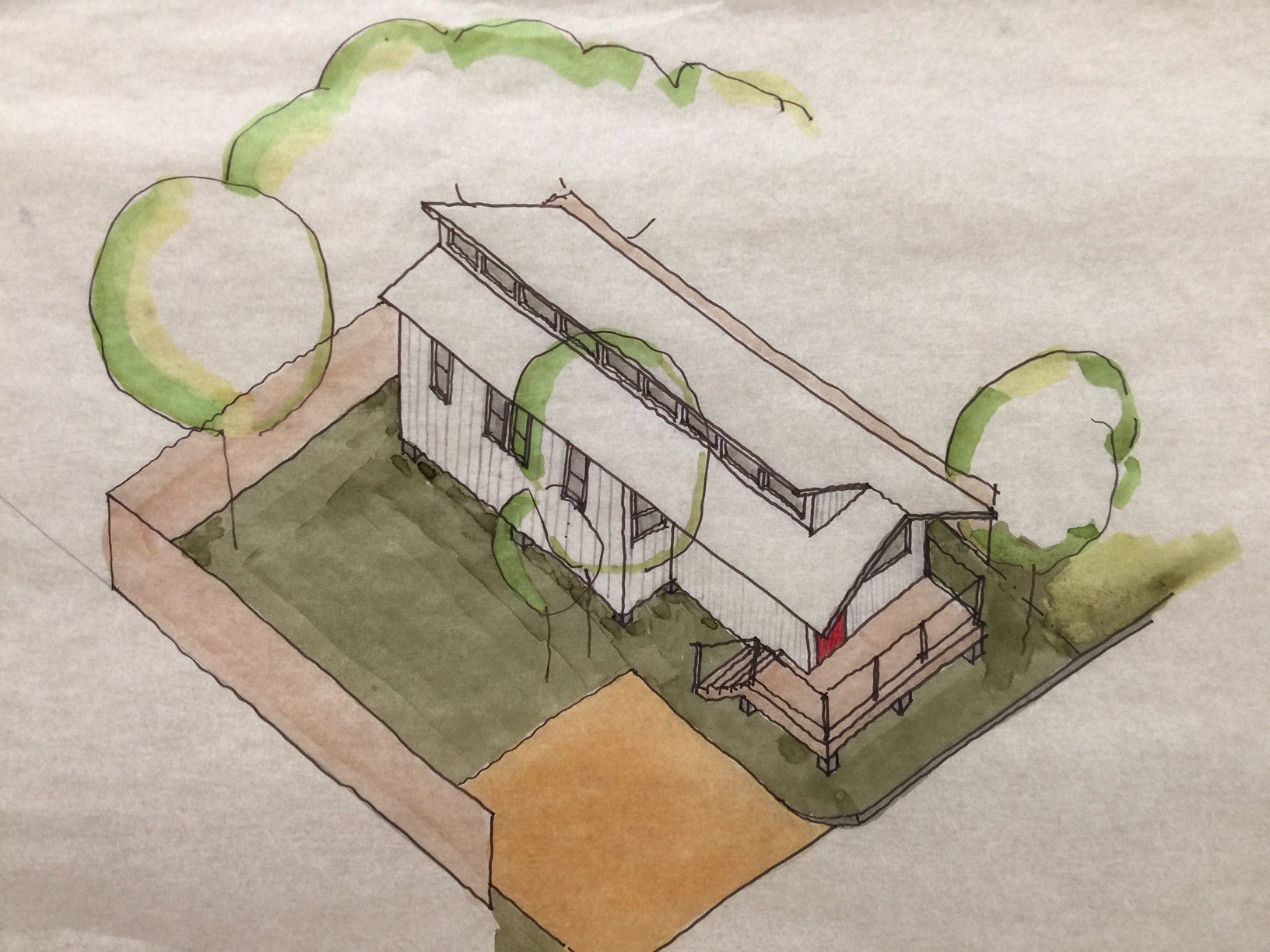
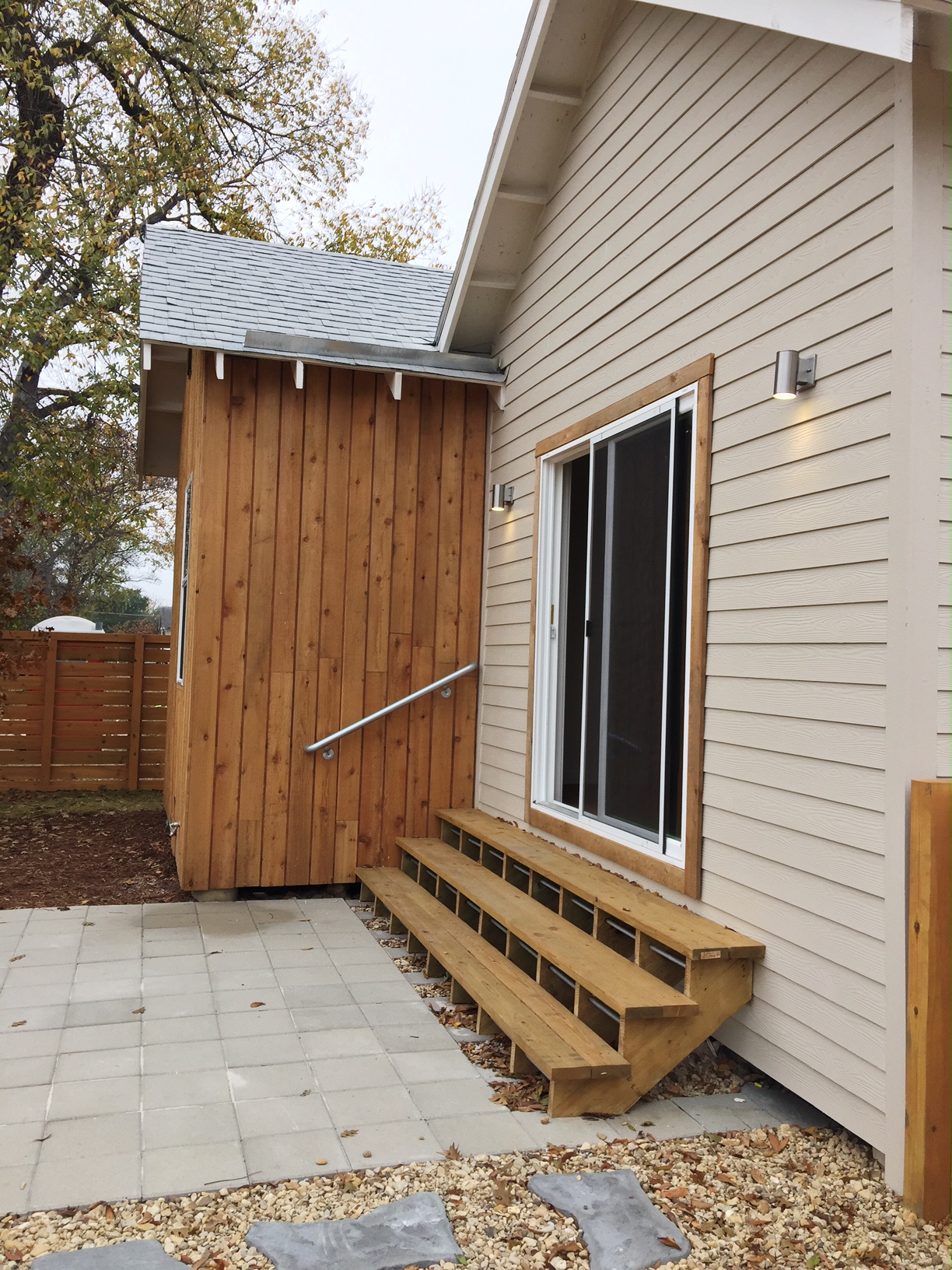

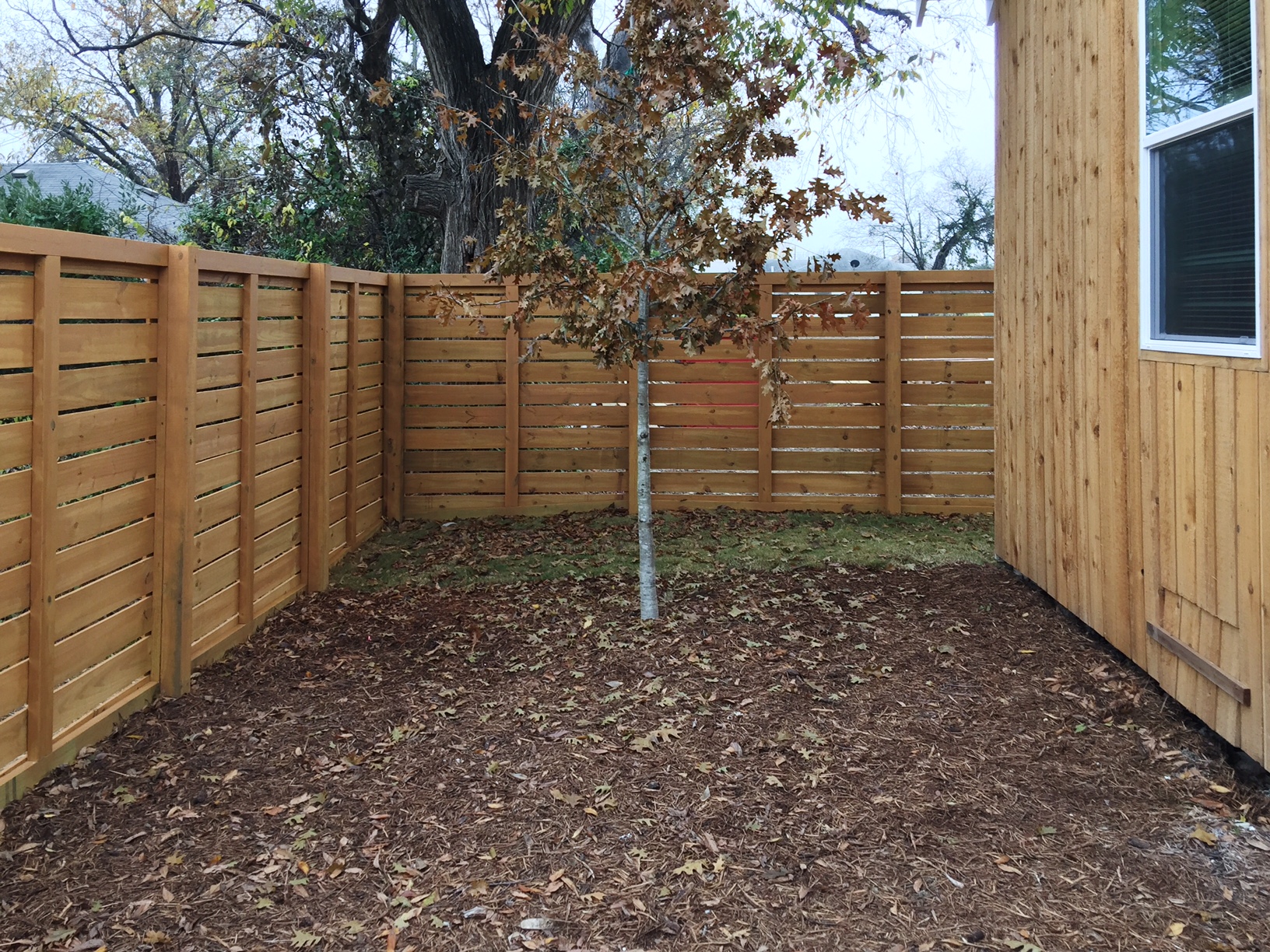




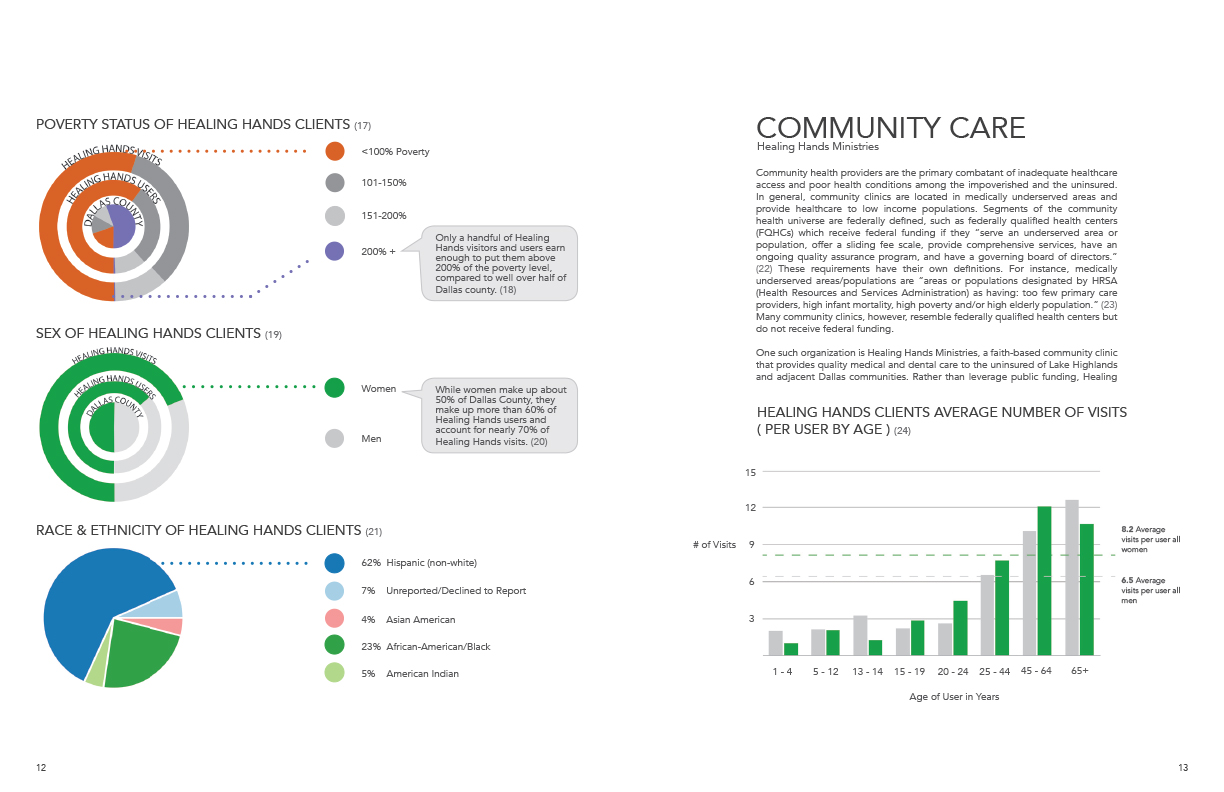




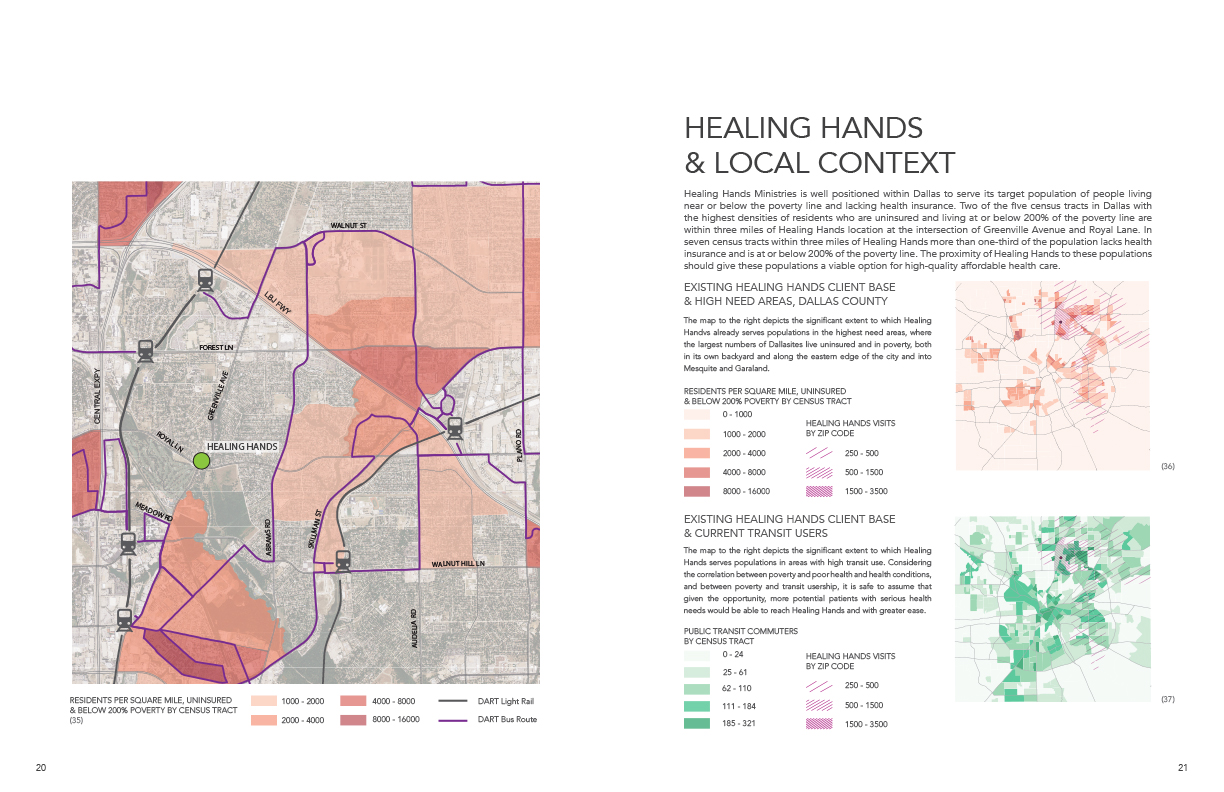


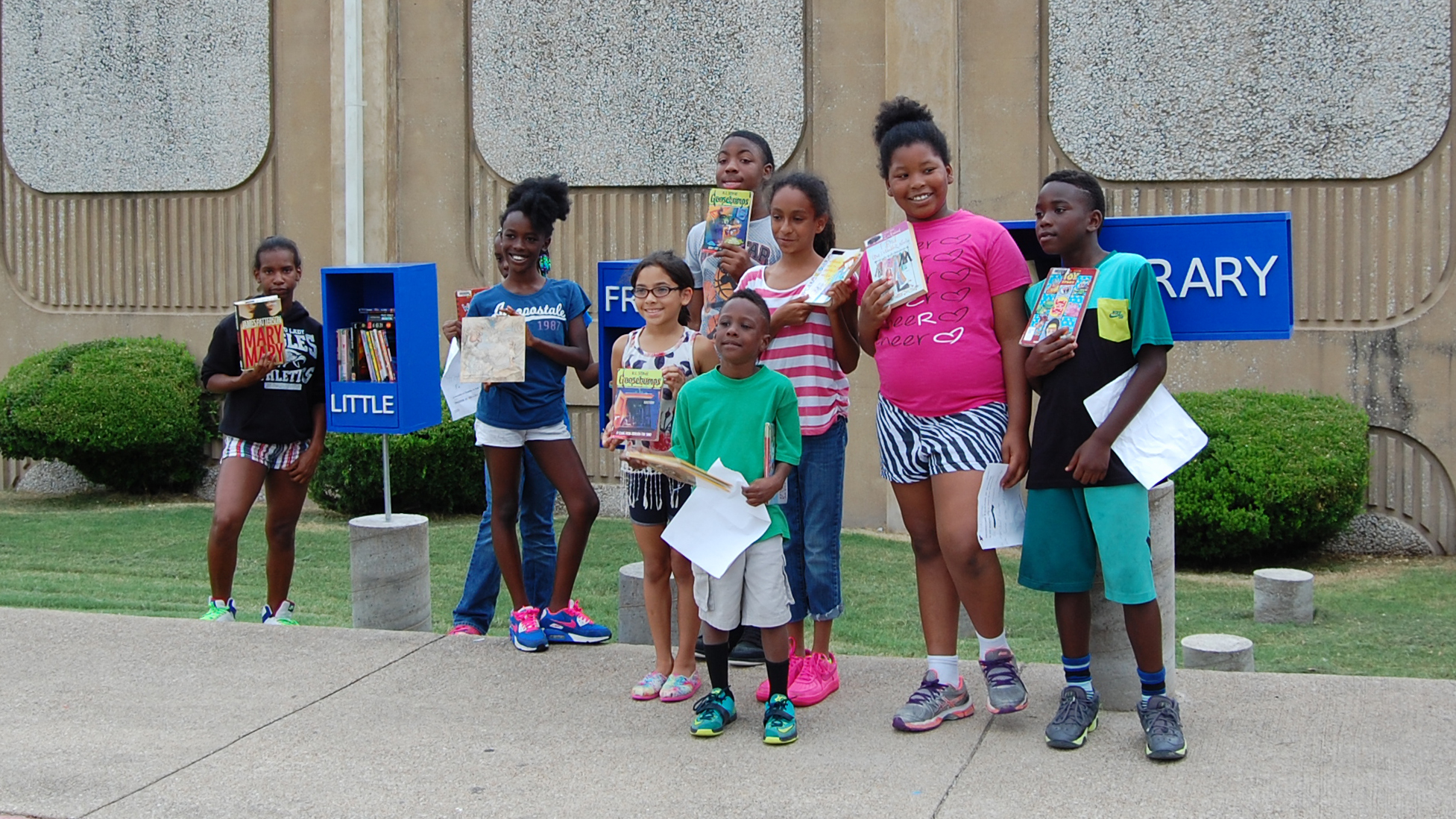
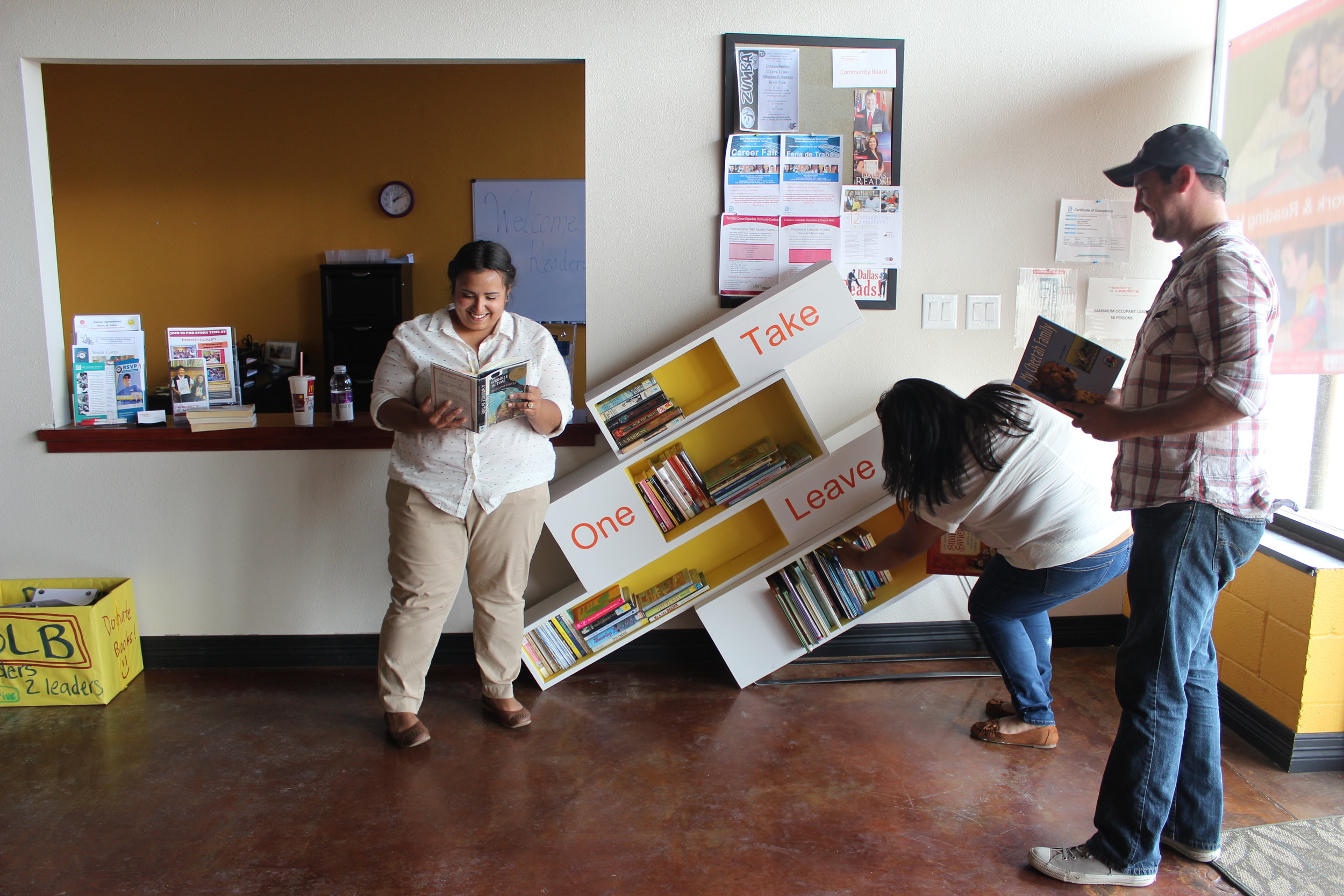
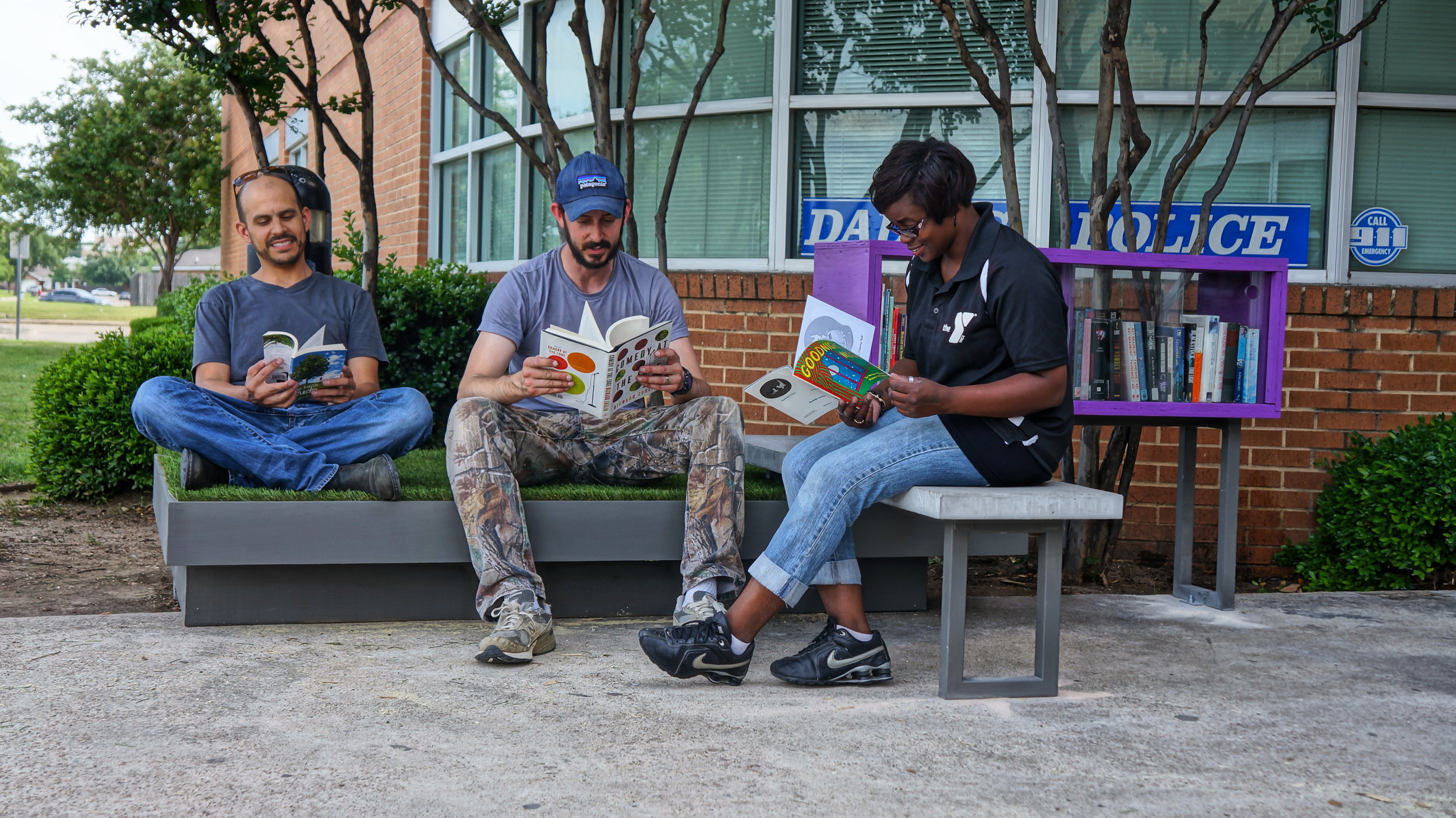
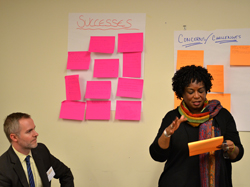
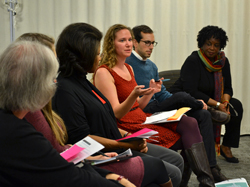
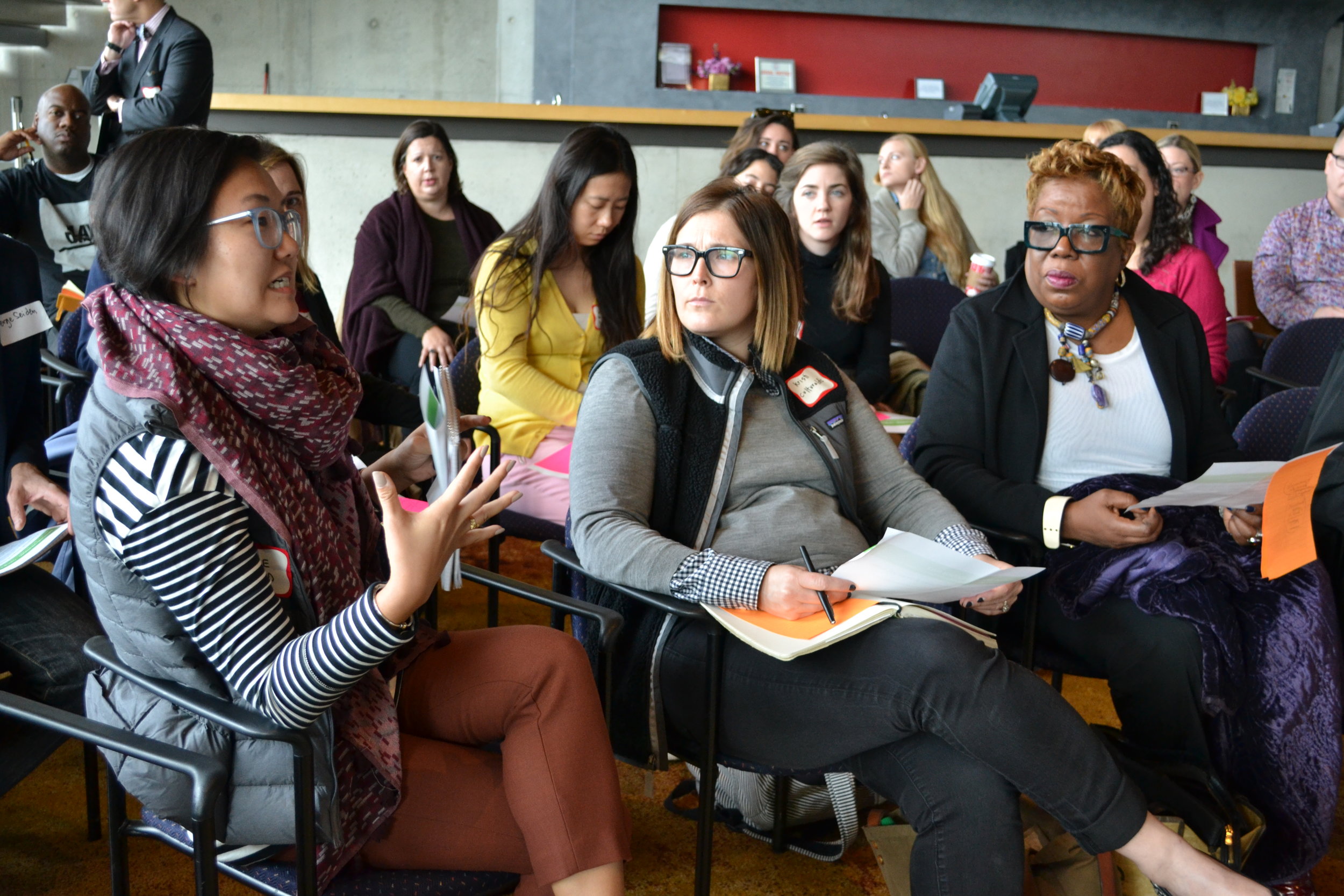
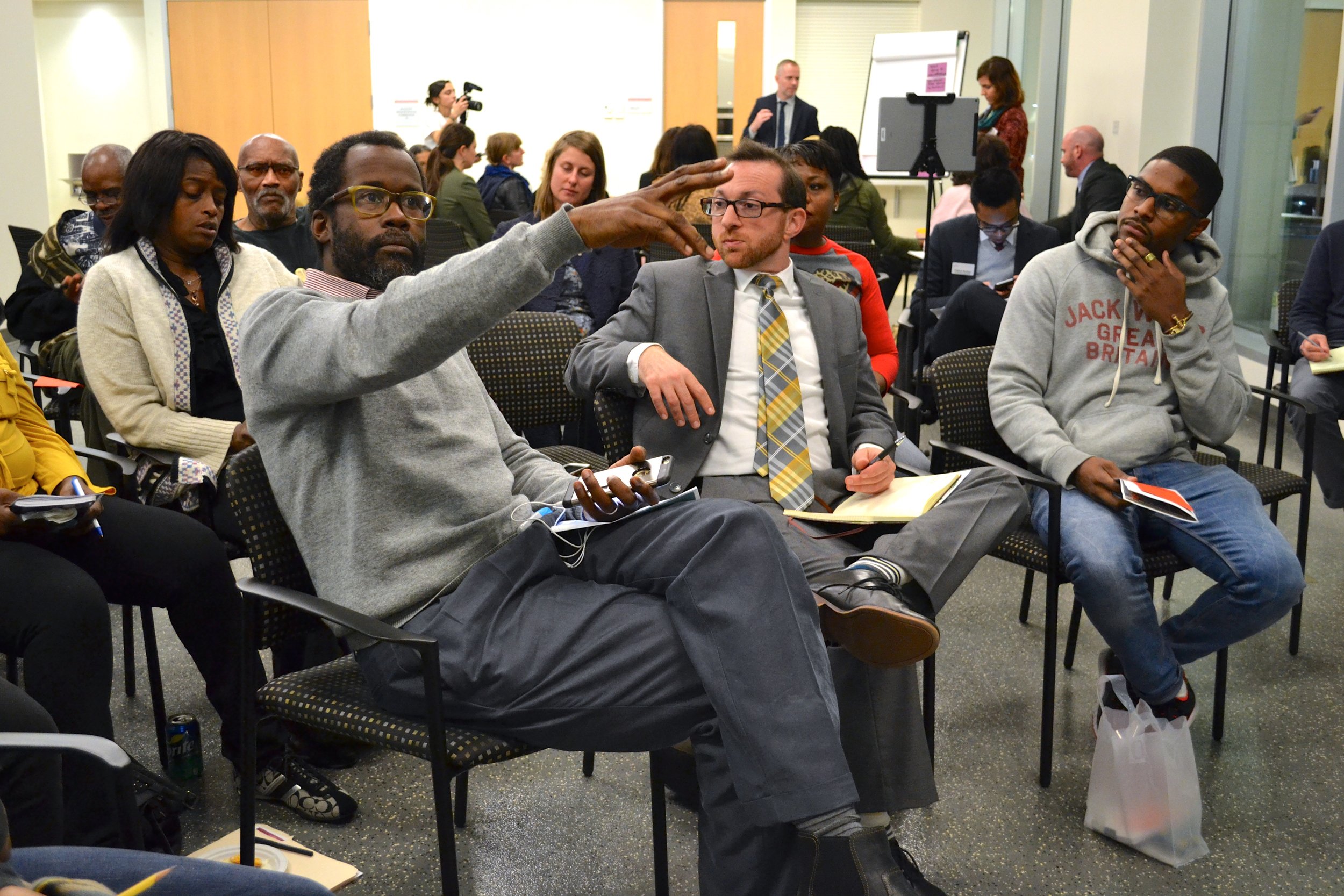




![YW_ bcW Final Report November 2014 [spreads] 4.jpg](https://images.squarespace-cdn.com/content/v1/5248ebd5e4b0240948a6ceff/1474907388729-NBH43IB9HFXB354VEDW0/YW_+bcW+Final+Report+November+2014+%5Bspreads%5D+4.jpg)
![YW_ bcW Final Report November 2014 [spreads] 5.jpg](https://images.squarespace-cdn.com/content/v1/5248ebd5e4b0240948a6ceff/1474907389138-4W9IIK82VYE5O5U8S2YI/YW_+bcW+Final+Report+November+2014+%5Bspreads%5D+5.jpg)
![YW_ bcW Final Report November 2014 [spreads] 6.jpg](https://images.squarespace-cdn.com/content/v1/5248ebd5e4b0240948a6ceff/1474907395839-AYGCJO99IVYT23EM0RBU/YW_+bcW+Final+Report+November+2014+%5Bspreads%5D+6.jpg)
![YW_ bcW Final Report November 2014 [spreads] 7.jpg](https://images.squarespace-cdn.com/content/v1/5248ebd5e4b0240948a6ceff/1474907395870-90IF82AQLG1EZ4MWZ61S/YW_+bcW+Final+Report+November+2014+%5Bspreads%5D+7.jpg)
![YW_ bcW Final Report November 2014 [spreads] 8.jpg](https://images.squarespace-cdn.com/content/v1/5248ebd5e4b0240948a6ceff/1474907403299-FTQNFVVB447PE5PRU9SQ/YW_+bcW+Final+Report+November+2014+%5Bspreads%5D+8.jpg)
![YW_ bcW Final Report November 2014 [spreads] 9.jpg](https://images.squarespace-cdn.com/content/v1/5248ebd5e4b0240948a6ceff/1474907403319-0OSN2ZTV3G274O1MBFRO/YW_+bcW+Final+Report+November+2014+%5Bspreads%5D+9.jpg)
![YW_ bcW Final Report November 2014 [spreads] 10.jpg](https://images.squarespace-cdn.com/content/v1/5248ebd5e4b0240948a6ceff/1474907412744-UN0MCZGNCUR9ZBIVIW87/YW_+bcW+Final+Report+November+2014+%5Bspreads%5D+10.jpg)
![YW_ bcW Final Report November 2014 [spreads] 11.jpg](https://images.squarespace-cdn.com/content/v1/5248ebd5e4b0240948a6ceff/1474907420109-AA4003T0X62SP75AAFMM/YW_+bcW+Final+Report+November+2014+%5Bspreads%5D+11.jpg)
![YW_ bcW Final Report November 2014 [spreads] 12.jpg](https://images.squarespace-cdn.com/content/v1/5248ebd5e4b0240948a6ceff/1474907418731-GRME5ZGJJ5ZGMOA5LAKQ/YW_+bcW+Final+Report+November+2014+%5Bspreads%5D+12.jpg)
![YW_ bcW Final Report November 2014 [spreads] 13.jpg](https://images.squarespace-cdn.com/content/v1/5248ebd5e4b0240948a6ceff/1474907426410-2LT7Y5RY848Y7N4BDN9C/YW_+bcW+Final+Report+November+2014+%5Bspreads%5D+13.jpg)
![YW_ bcW Final Report November 2014 [spreads] 14.jpg](https://images.squarespace-cdn.com/content/v1/5248ebd5e4b0240948a6ceff/1474907424900-Q8922R30L5QQZQKMSWXX/YW_+bcW+Final+Report+November+2014+%5Bspreads%5D+14.jpg)

